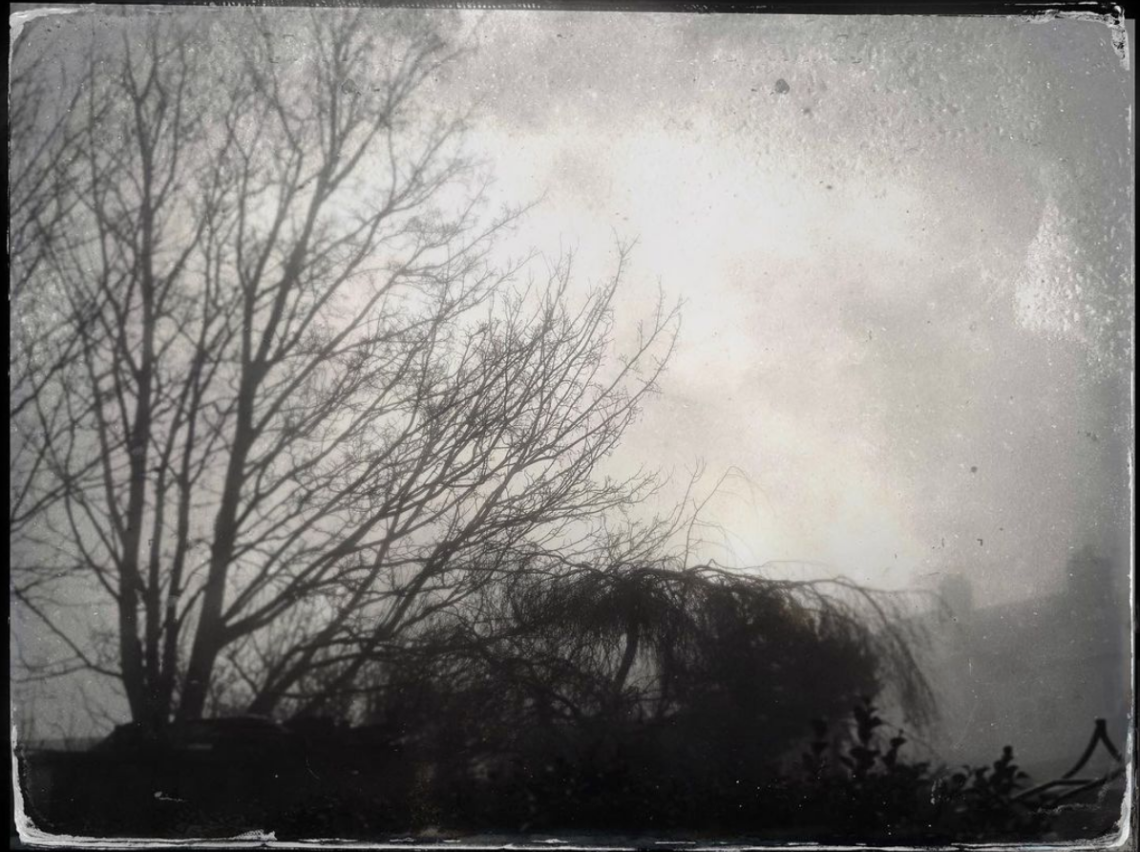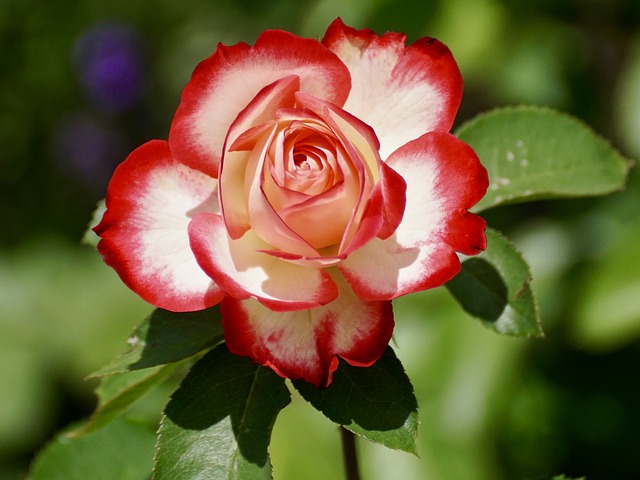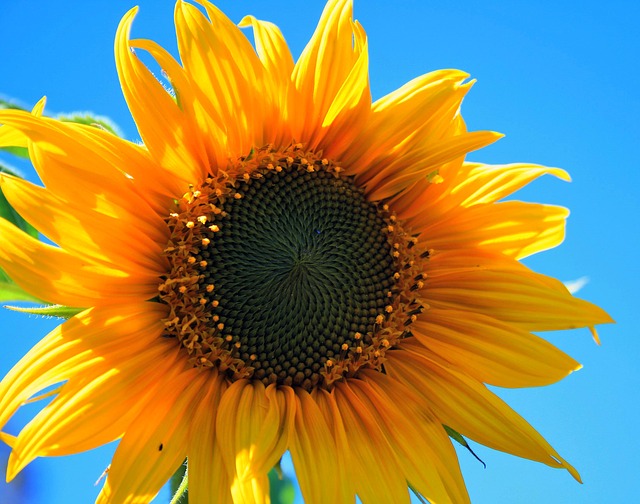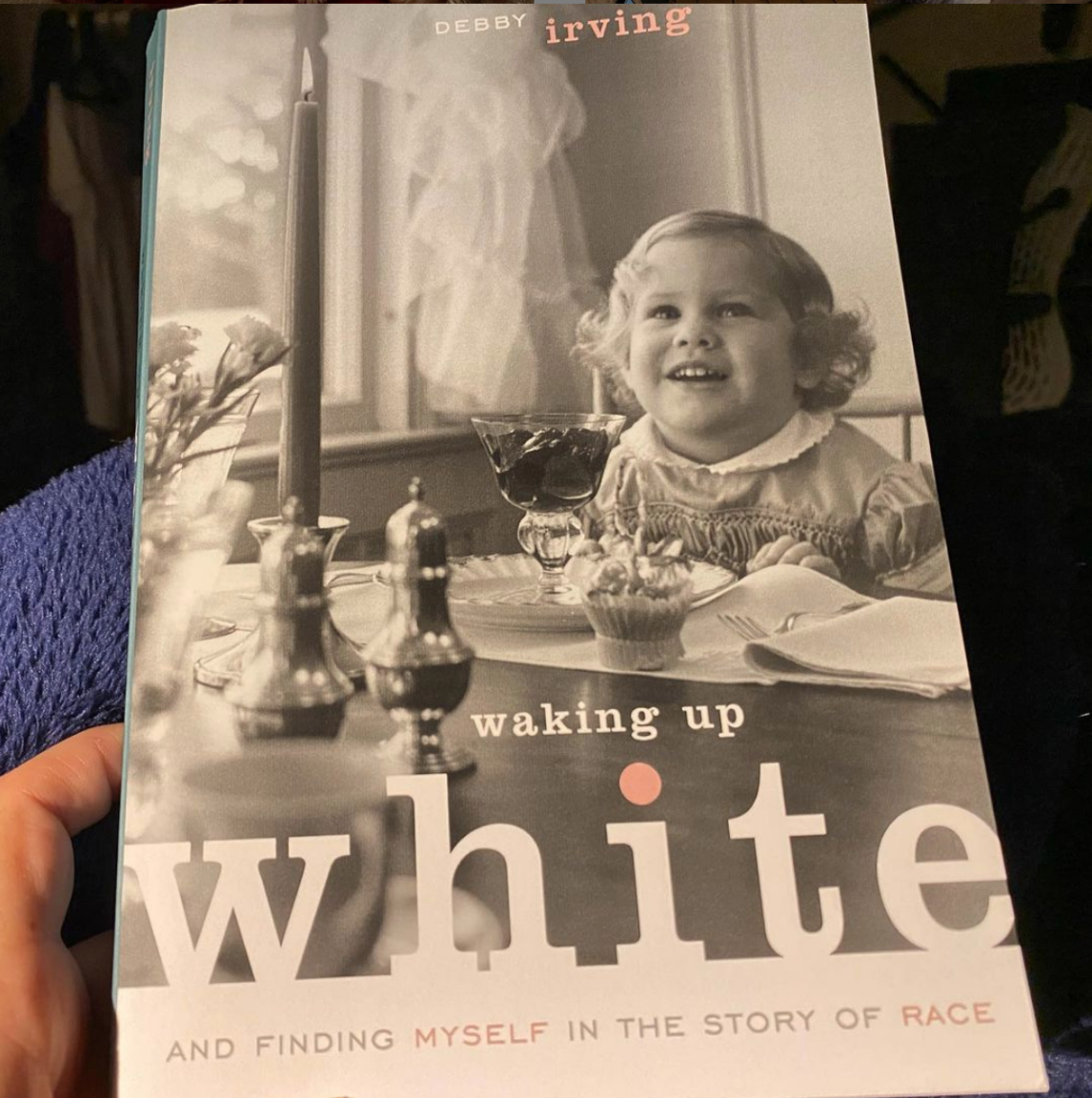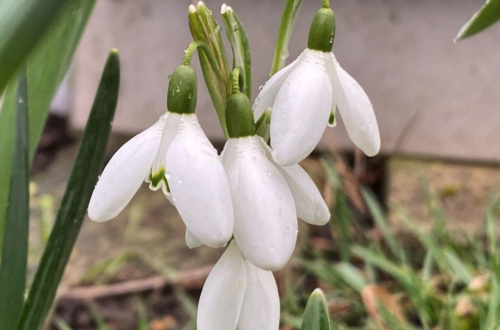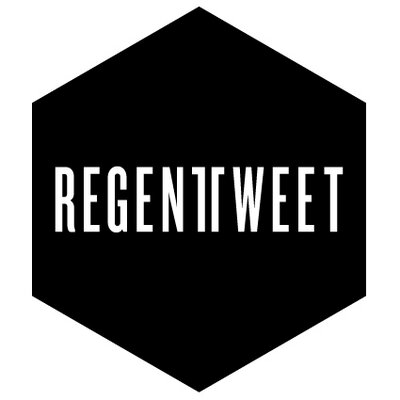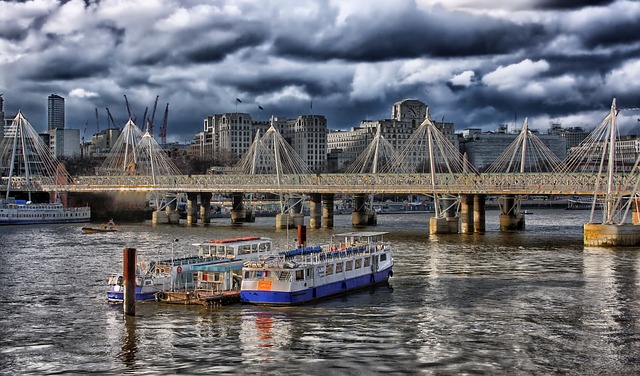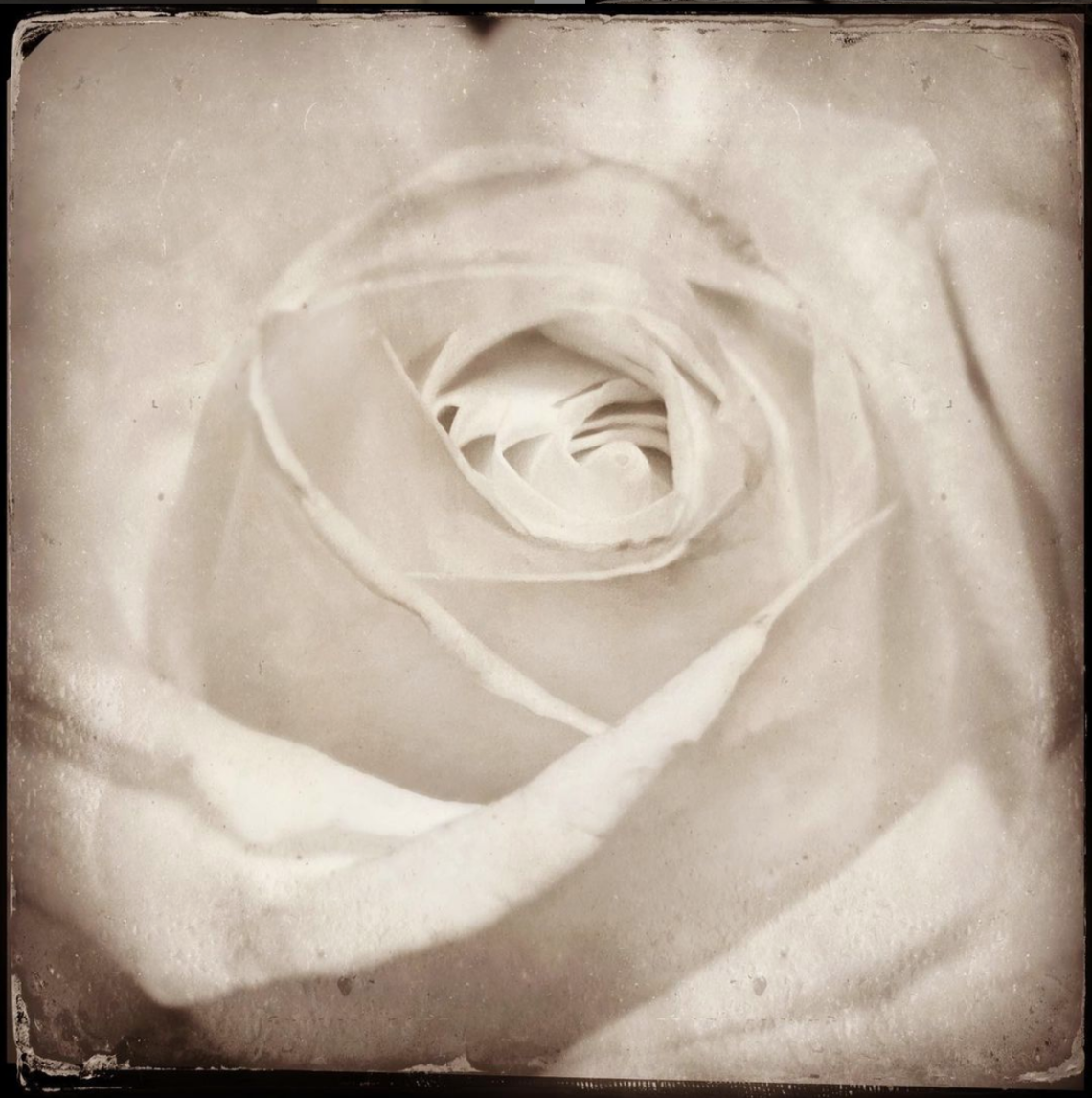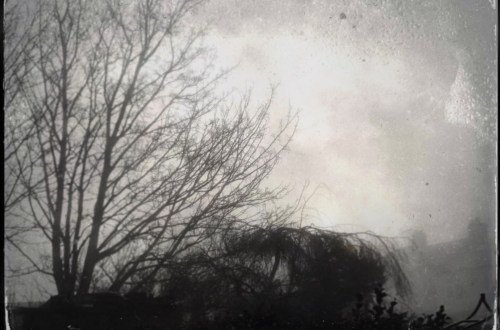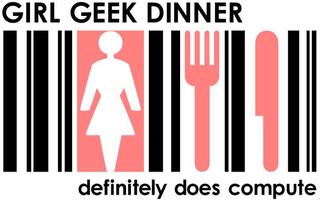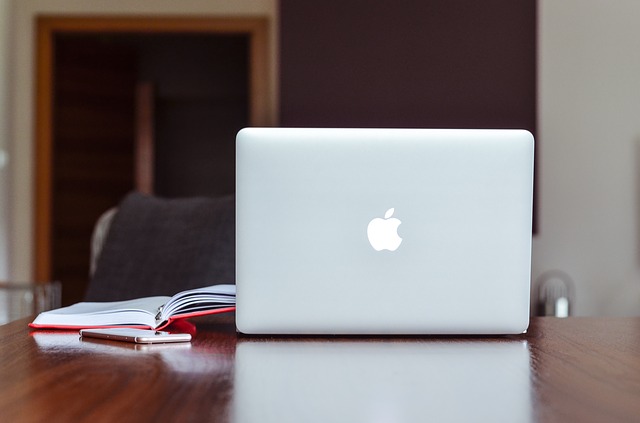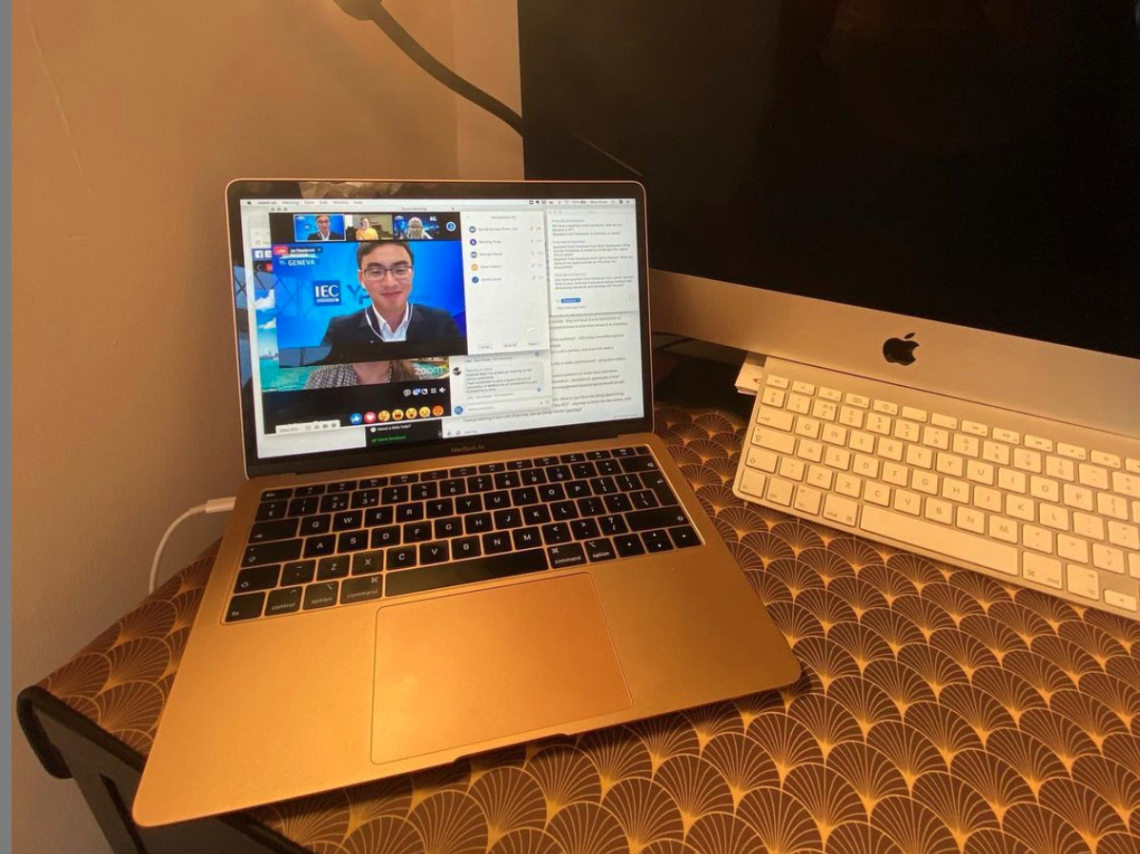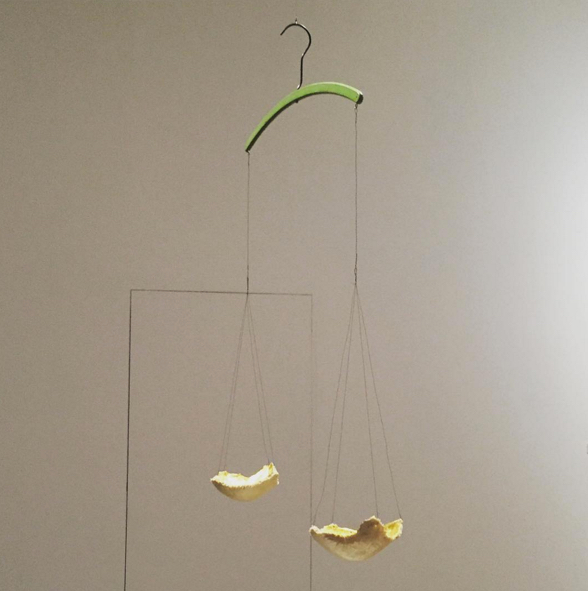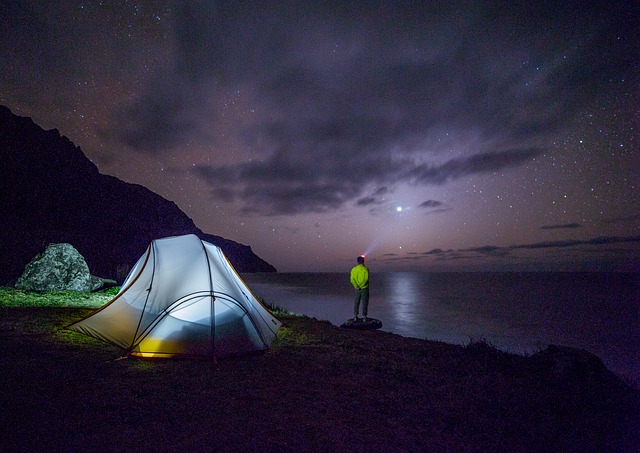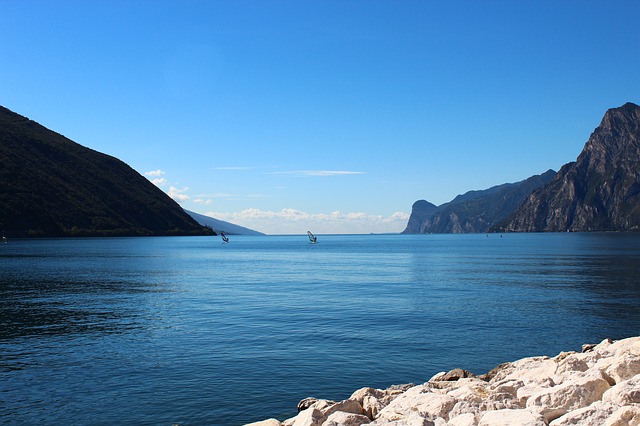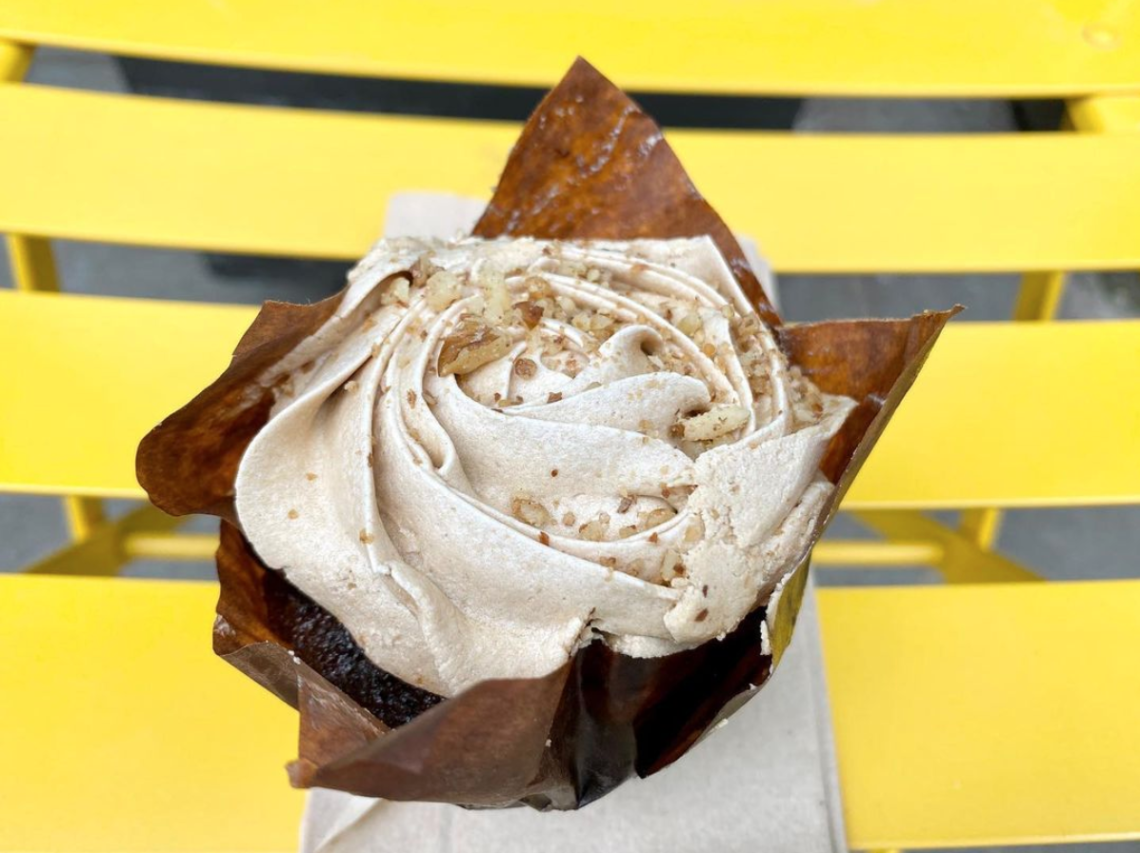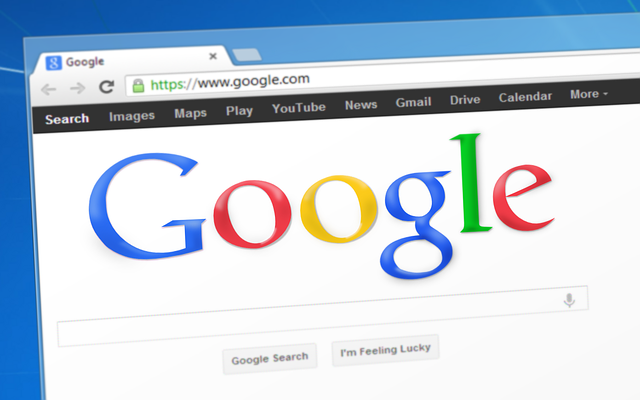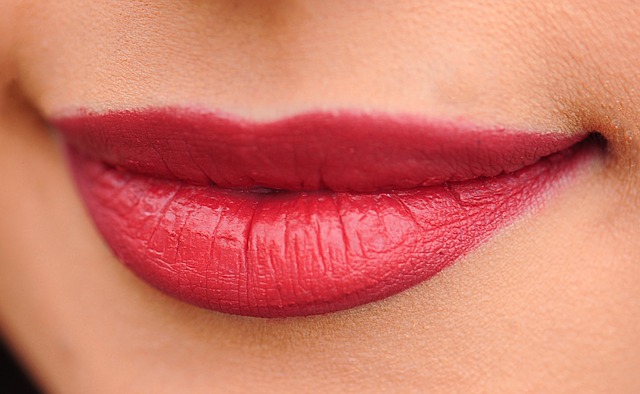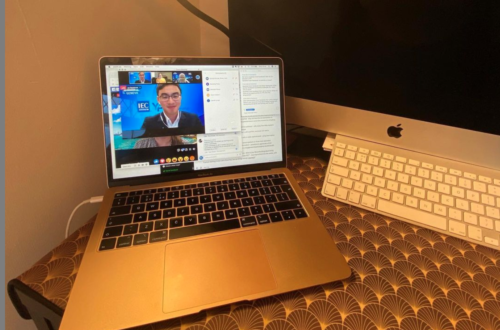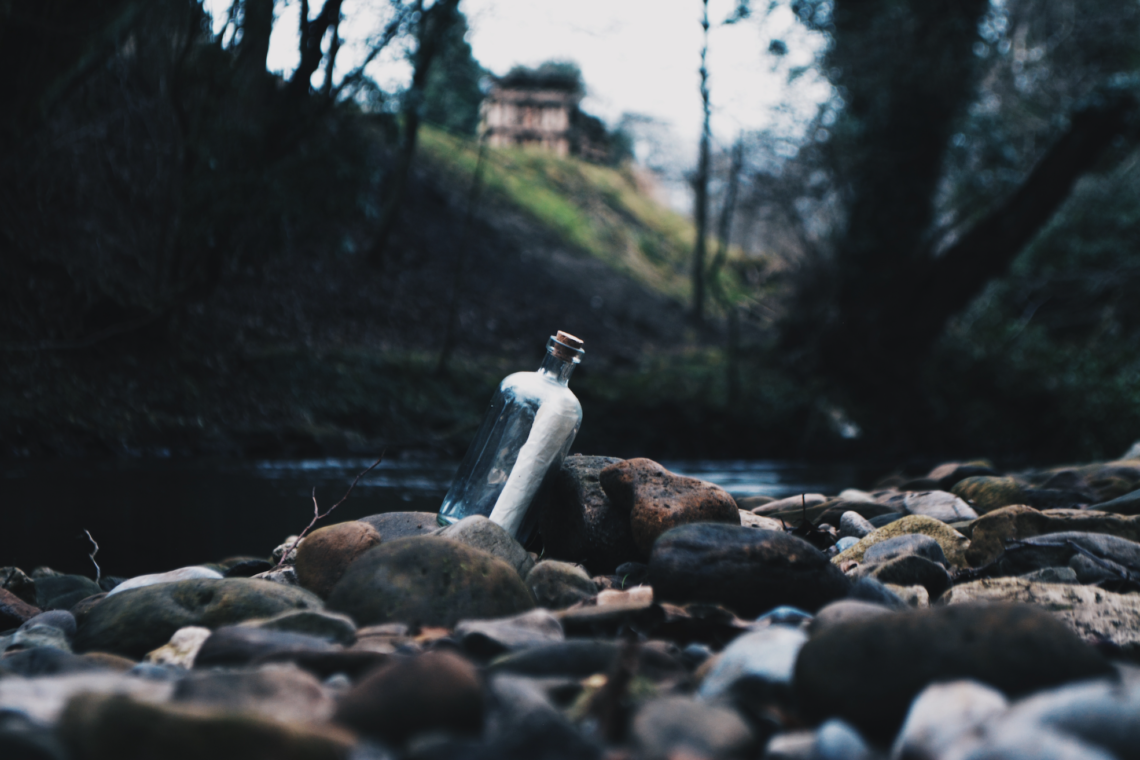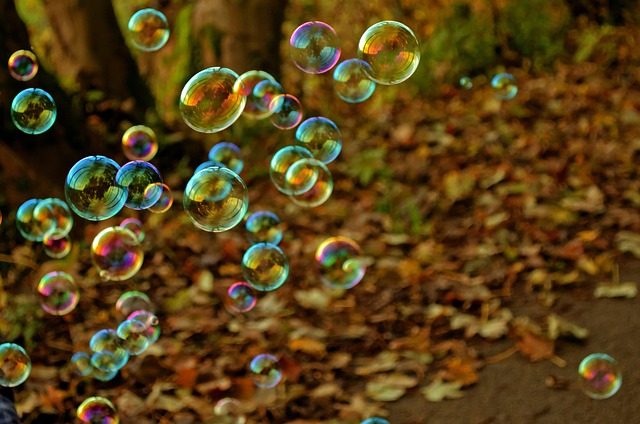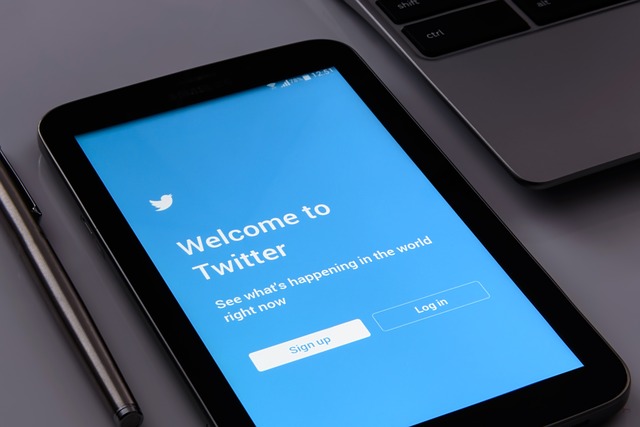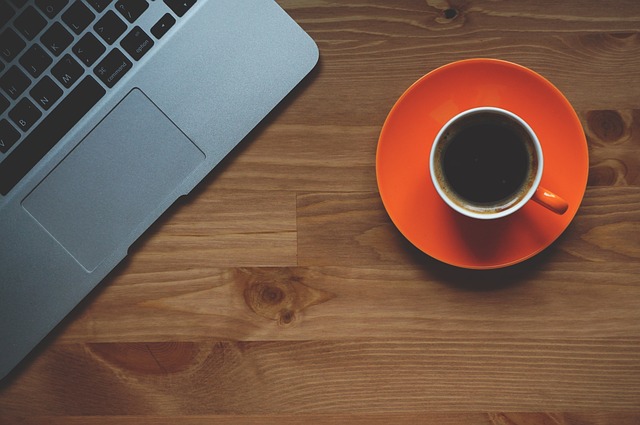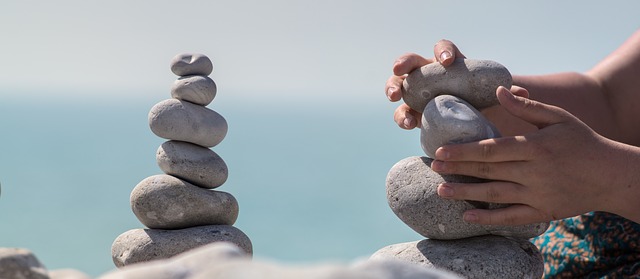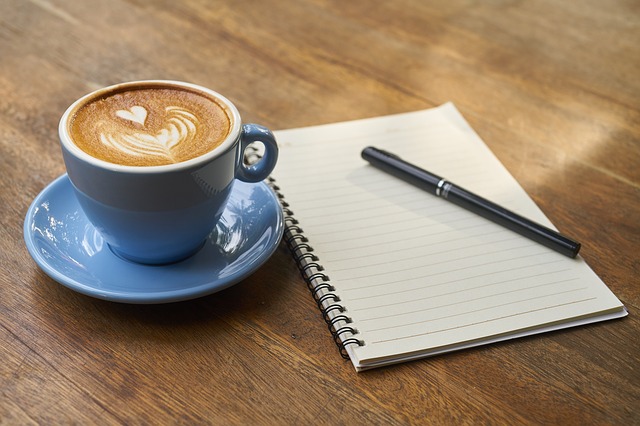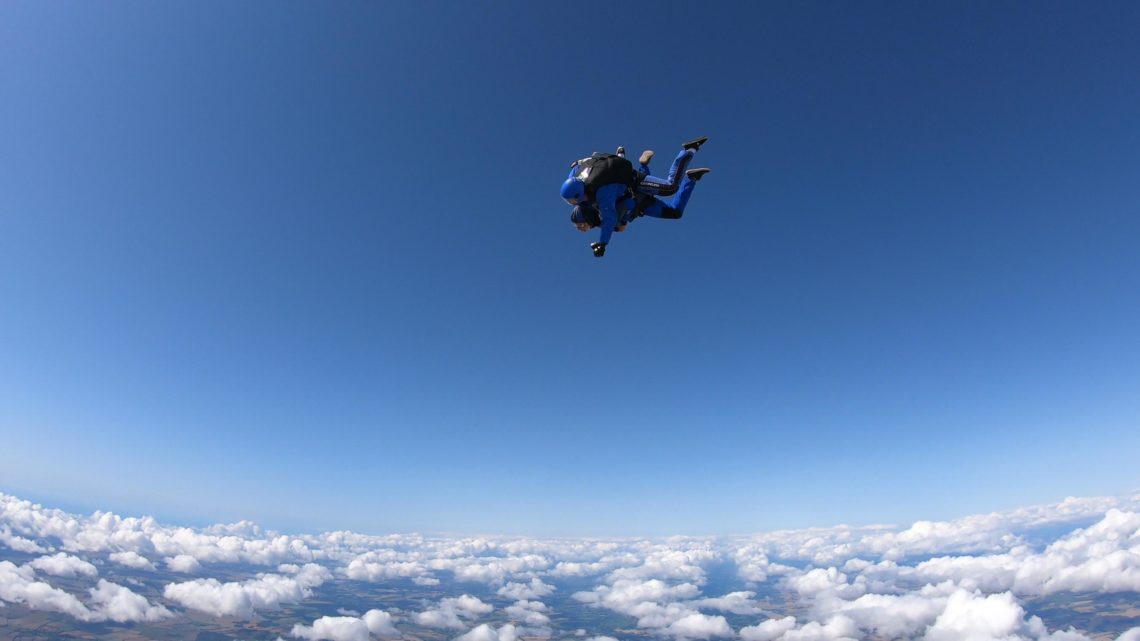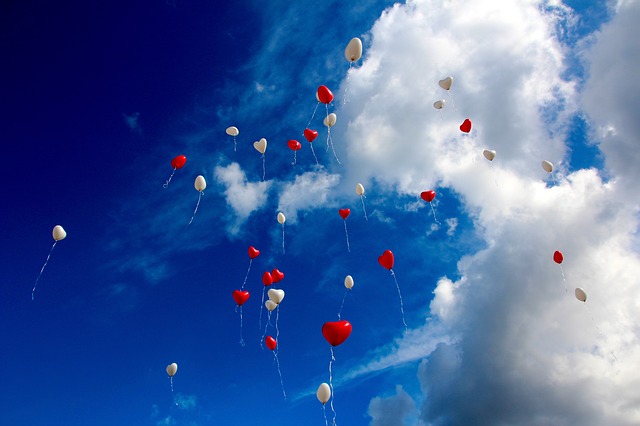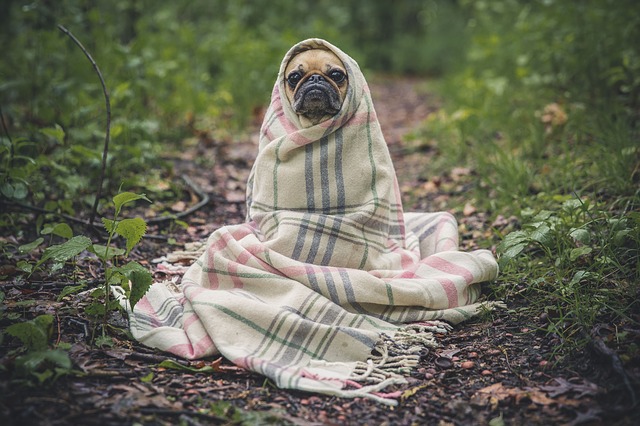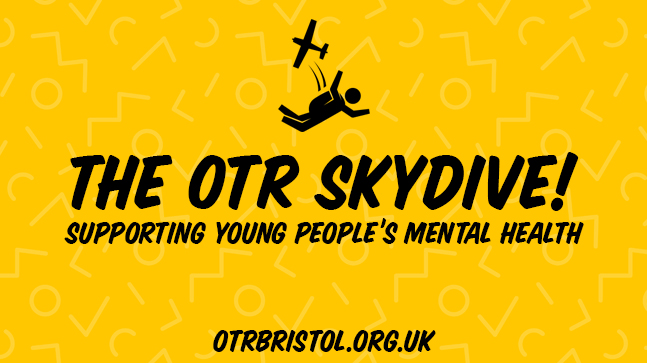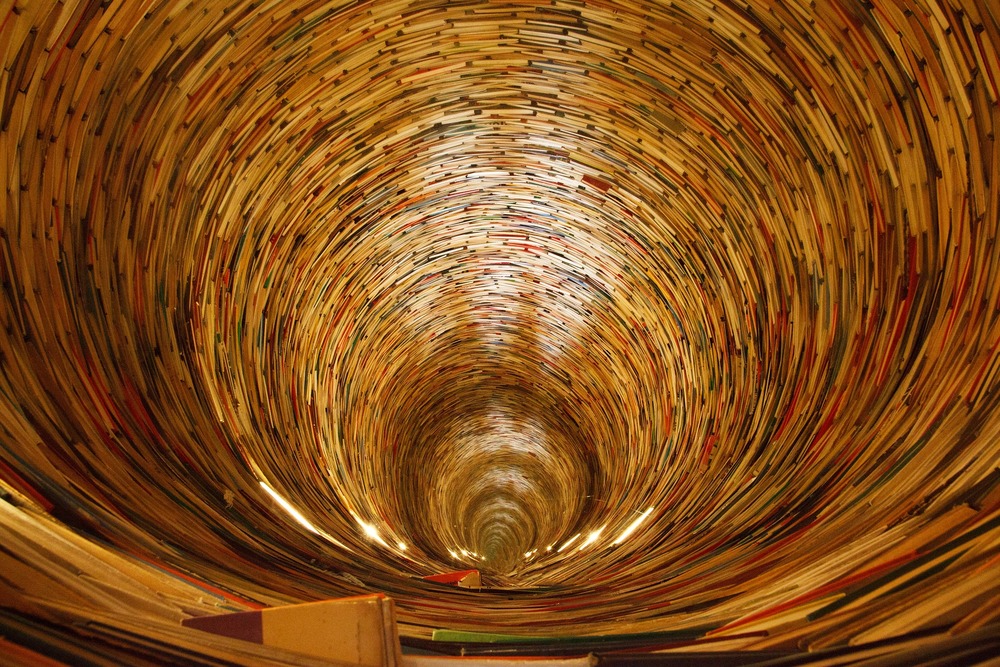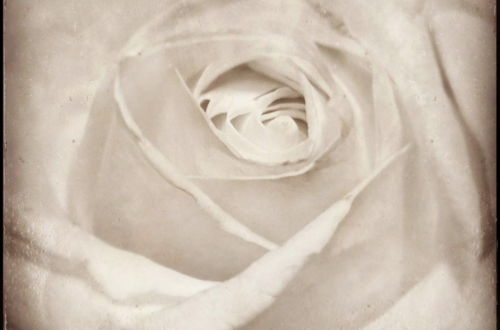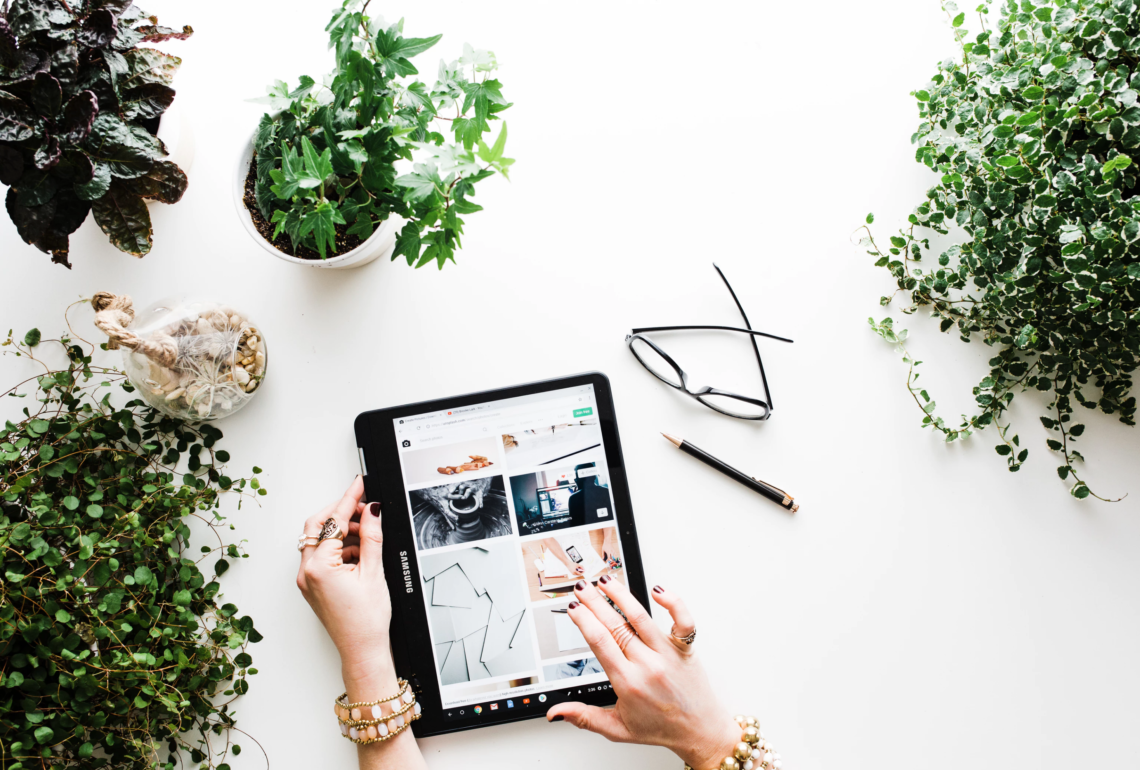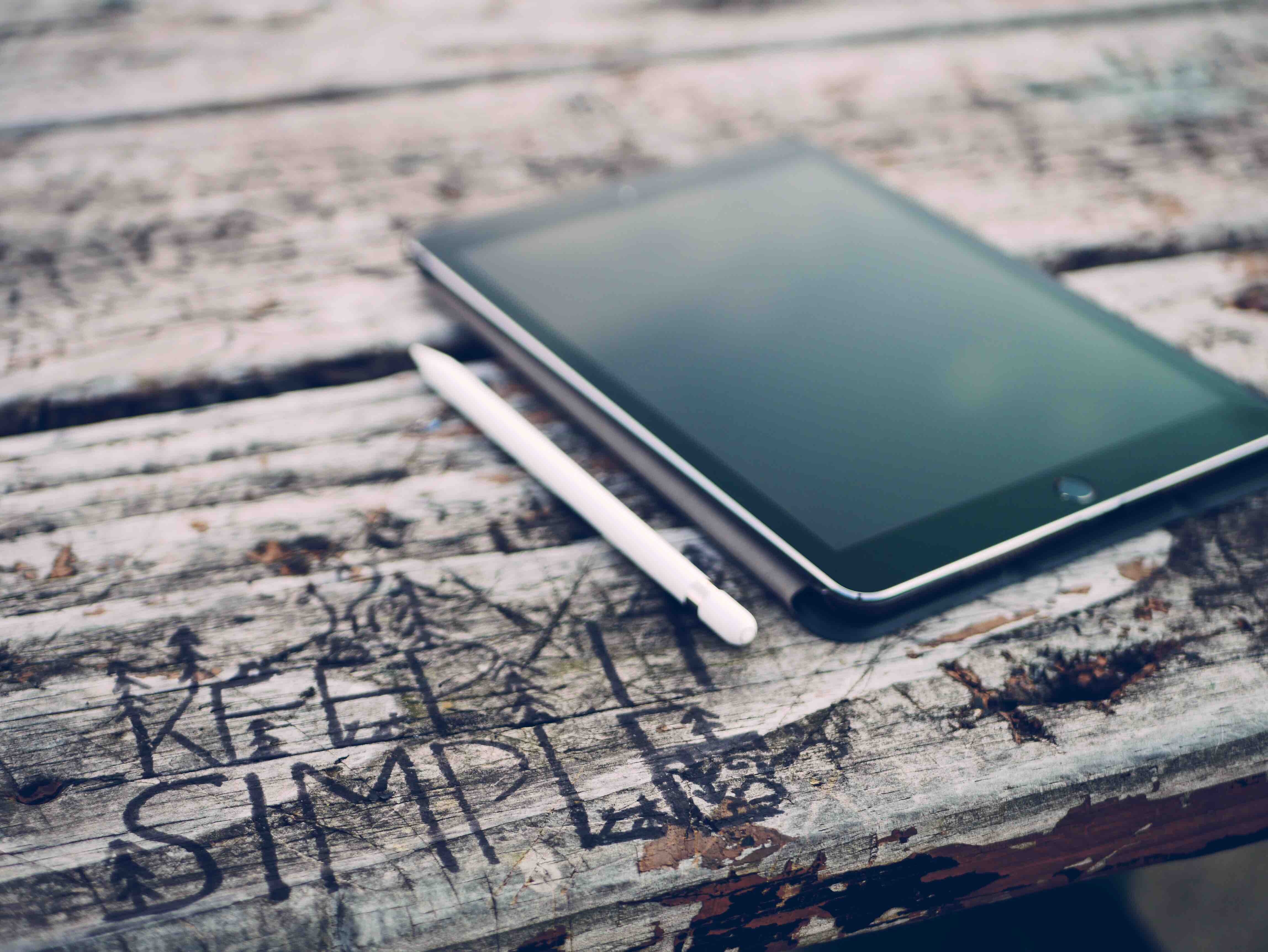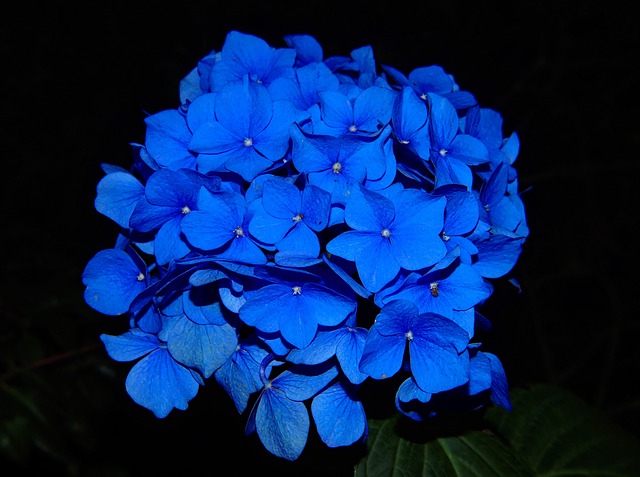DIGITAL
-
Fog and Twitter
Lovely fog this morning, making my early and slow morning rather mystical. Loved the slow early wake-up, dog cuddles and family chat. Planned my reads and picked up a book. All chilled… and then noticed on Twitter another conversation about leading cyber-psychology researchers who were used for the Guardian article again. The article is demonising the use of screens by children and fails to quote the full context of what researchers shared. Even in times of Twitter, mainstream media still manage to position screen time use as the key threat to our wellbeing, instead of focussing on free access to online schooling – which is our real issue in 2021. It breaks my heart to see such talented, hard-working researchers being used to reinforce half the century-old myth of screen time. We know it is not true. We know screens are not detrimental to our health. Some of us know at least. And yes, this is political. There goes my calm… but I guess it’s also important to be angry about this because this narrative causes harm to families who need laptops, parents who need to choose between buying food and paying for Internet to provide access to online education for kids… So much work still to be done. So much work.
-
Waking Up White
After the last year of diversity studies I am at the point where I hate my whiteness, its heritage and the wilful blindness it carries all around me: it’s hard to wake up to it. Of course, this is nowhere near as hard as living a life of racist abuse, but still very difficult to explore. So arriving at this book, just reading the introduction made me feel at home. I am so glad to find a story that resonates with what I am going through right now.
-
Remembering Dad
Remembering Dad today. The one who showed me how to invest in trees, not houses and how to save people softly, one at a time. Who never stop trying. Perfectly imperfect himself. One who showed me the nurturing power of soft leadership and active listening, joy of life and lightness of being. Lost too soon. Miss him terribly. Somewhat conflicted: sad but glad he’s not here to see the storm. He and his ancestors would be proud to see me fail, get up again, better myself, unlearn but stay true to ancient ways of Korsaks.
R.I.P. Hubert Korsak. 🖤
-
Happy work
2 weeks, 7 live stream webinars, so many fantastic speakers and attendees – such inspiring people! I love my work. I feel so uplifted and hopeful to support people who build a safe future of innovation.
-
Finishing the Virtual Reality course
Emotional day – in a good way. Last VR coaching session of this summer and two coffees with people I mentored last winter. How nice to see an old mentee waking her path steadily still.
So impressed and humbled to know them. Fantastic chats about identity, nations, heritage, our story, gender and power. Love the people I meet in Bristol. I cannot wait to help more individuals using this not so innovative environment anymore.
-
To the privileged man
Dear Sir,
I am writing this letter to express some of the thoughts and feelings preoccupying me recently. Hear me out.
I have spent three years away from my blog, but now I am back, and I have a few things to say. Initially, I assumed I stopped writing because I was scared – you did a pretty good job; you almost made me think I had reasons to be worried.
However, I went away and did my homework.
Here’s what books, podcasts and the wise men and women told me: as humankind, we are doing better than ever. We are healthier. We are smarter. We live longer. We still have work to do: we need to tackle climate change, poverty, outdated education and the growing gap between you and me. But generally speaking, we are so much better off than the generations before us.
The gap between your and my story is indeed growing. I have spent years putting up with your version of events, and I start to wonder: why? Why do you want me to feel so sad and so scared?
And more importantly: what did you achieve to deserve my attention?
You were there in my early years educating my parents on how not to live happily. You gave them homes and jobs. You placed women in the kitchen and men in factories, especially the intellectuals – to make them feel more humble and more crushed. You convinced us all that the binary way of thinking is the only way forward – before the computers entered our homes, actually. You convinced our grandparents that hugging children is damaging, so our parents grew up without much empathy. They got on with their lives. They raised us to get on with ours too. However, they managed to raise us with a robust system of values – one we could at least confront and rage against, but one that provided a starting point. They shared the ancient wisdom with us, but you probably thought they had forgotten it. They did not. They shared it with us as a bedtime story when you weren’t listening. And this we grew wiser and stronger than the generation before us.
So you got a bit worried.
Once again, you wrote our history and thus took away our right to speak our truth and write our stories. At the same time, some of our fathers got tired of hardship and walked out of their factories. Our mothers walked out of their kitchens. And so the walls came down falling. We marched over those walls to greet our friends and our enemies. We all met somewhere in the middle, on the bridge. We all realised that we are made of the same clay – gentle, beautiful and stronger than ever before. We got down to our knees; we worked hard and raised a new world. We allowed you to stay but added new powers (media and courts) to keep your story in check. We called it democracy.
But this made you feel a bit uneasy.
Your story was based on the exploitation of our differences – you forgot to mention that this defines war. While the war was profitable to you, peace was ever so cheap and dull. It allowed us time to think and question your moves.
Our new liberties were a bit much for you to cope with, so you decided to get back to your old story by getting us distracted. You have us what we wanted on the surface. You fed us the freedom to choose between a wide range of ketchup bottles, other goods and affordable loans. You asked us to enjoy the comfort of the new, mindless living while claiming back our newly gained rights to speak our truth freely. One by one, you chipped away those rights claiming that your story and your story alone would keep us safe from the enemy of the date, from each other and ourselves.
Like the ancient founding fathers of nations, you positioned yourself as the one who knows better what’s truly good for us.
You also reminded us that the world is vast, each of us is our own enemy, and we are all eternally alone. We believed you at first. And so most of us gave up the new liberties happily. You placed the default parental controls on our phones and started limiting our access to the free stories online. It worked. For a while, we did have the impression of safety. Men did not have to commute so much, so they also joined the process of parenthood. Women became most successful in the new business world and went back to their kitchens with laptops to build new companies – from their own choice. We had a modern, democratic Europe and so much to see, to do, to buy. We had access to so much online. We did not think about preserving our right to open access to it all. We could afford more, fly on cheap flights to tropical destinations and party until the sunrise. Life seemed so comfortable.
You got worried again.
It was getting out of your hands, messing with your story. So you started telling us that we are not good enough. You introduced the algorithms to separate us into smaller and smaller boxes. You made us feel powerless in our own stories just to promote your own. You weakened our education and national health services, so we grew weak, indeed. You offered us free resilience classes, self-care myth and told is to get on with life. That conflict caused even more pain and divide – but that was your plan.
For a while, we listened quietly. We stopped bothering our doctors and shopped more for magic potions in our fantastic shopping malls instead. We followed the new influencers and switched to better broadband for better, seamless streaming of Netflix. Hours of it. We set up our startups. We did not even have to leave our homes anymore.
You were so pleased to discover that we stopped going out collectively. It’s so much “safer” this way – for you and us. You can do whatever you want. Everyone sat quietly in their own little safety box. No questions asked.
You got worried again.
The systems you put in place were crumbling, and people started waking up to the truth of your intentions. People were rising like dust. More powerful and influential than ever before. We started noticing the gaps in funding, the increasing poverty and homelessness, the lack of quality education for all. So you needed to blame someone, and the EU became a good target. It worked, but not entirely. With smart use of online technologies, you have converted some unconvinced individuals to support your cause, and you took it from there.
But this time we have noticed you. While you thought we would sleep through your next move, we have learned to get involved in the area you reserved for yourself – the political process. And so here we are today. This week is probably not the end of it, but more and more of us are waking up. It’s just a question of time. More and more of us are rising.
As for me, well, I had enough of your voice, so I went away. I sat quietly in the corner of my town and my mind. I stopped talking. I just listened. I mistook my need to hear the truth for anxiety, but as I healed, I also understood that our ancestral mothers spoke to me. I started paying attention to all the stories. I looked into all little boxes.
And what I saw there was more than comforting. I saw young people watching you attentively, but quietly. I saw them form groups on online gaming platforms, shift identities beyond any binary system, and most importantly – I saw them collaborate kindly. I saw the most vulnerable of them emerge as leaders – they knew what was needed for all to thrive. I saw them change the rules of the game.
I also saw something even more magnificent. They learned from our grandparents, parents and us. Instead of changing the rules of the game, they moved on to re-shaping the game itself. They learned to mould their perception of realities into a new, fluid, unpredictable, yet caring world. Everyone was safe. No one was alone anymore.
So I am writing to let you know that I watch your last twitches of hate with amusement. I don’t amplify your voice anymore, but I see your story gradually becoming less and less relating to my child and me too.
Hear me out.
This new generation of humans is so far ahead of your game that no matter what laws you come up with, you are already late with your narrative. They are awake. They participate. They build new, active, hopeful democracy. The new world is already built-in those virtual and offline networks, in those kind and genuine connections. But it is not easily noticeable as it is formed from relationships, not walls. People carry it in their multiple, correlating stories. They do not even dream of rising against you. Why waste the effort on the old, if we can build a new way of being?
They are sitting steadily. Waiting and listening to their new stories. Watching your binary, divisive, exploitative and hostile world view crumbling away with every single lie you speak. They are actively shaping their new future. They ignore your poking and your abuse. They resist it patiently. They are a new kind, you see. They work hard, play well and build trusted connections. They excel at their talents but look back to support those who come behind them and place the most vulnerable at the heart of their systems.
And you still underestimate them with your old tricks.
I do not. I am sitting quietly, admiring their new creations. I rest waiting because I know I do not have to rise anymore. I am still, though, still and steady. I support those young people in every quiet but confident way I can. I am making time and space for them to form their world. I am teaching them tools they will need to shape and lead our new world.
You? You won’t even notice it. You are not paying attention. You are too busy talking.
(Side note: no actual men were harmed in the process of me writing this – the men in my life are giants – my late father, my husband, my son, my boss, my male mentors – they are all giants of the new word and I salute them for their kindness as often as I can. No actual men are targeted by this post – the man here is a metaphor, of course).
Photo by Andrew Measham on Unsplash
-
Introducing Voxel Hub
Today is my Nameday – a day of celebrations of my personal identity and my relationship with my Dad (we used to celebrate our first names together). This is one of the few most important days in my calendar, so I tend to make it special. This year it is really important to me because it marks an important step in my life journey. I would like to use this day as an opportunity to launch a new edition of my business, Voxel Hub. This blog post contains an update on how I have arrived at this point in my professional life and why I think digital wellbeing is the next core focus of my work. I have posted quite a while ago about my luck in professional life. Most of my jobs were excellent. I worked in innovative industries, with fantastic leaders who showed me the way to grow but also to ask myself the right questions in regards to my life – private or professional. All those experiences and skills I have acquired along the way, shaped me into a person who seeks new challenges all the time. However, that constant need for movement and growth does not feel too heavy – it helps me grow, learn and help others. So today I would like to explain to my friends and colleagues why I have arrived at the point in life when Voxel Hub feels like the natural next step.
Whether you work for yourself or others, you are probably making career choices almost daily. Every single task and stuff you get done leads to your future direction in life. If you pay attention to your life, you can shape it into something rather extraordinary. That is precisely what has happened to me in the last decade of my life. I started my UK career in the first social media agency in the country, but as it grew and moved to London, I decided that living in London was too noisy for my young son. I was a single mum, so I had limited choices, but that did not stop me. I was told a startup was in the making in Oxford, so I reached out to them, and thus NFP Voice was born to support charities with social media work. I was deeply involved in digital for charities and really loved it, but I felt restless. The industry was changing and so doing social externally as an agency became a challenge to our beliefs – that people and organisations should be embedding social into their internal structures. So our work shifted to individual consultancy, and I suddenly became a business owner myself. It took me a few years to figure out the work-life balance and learn how to run a business, but I had brilliant support from my family, friends and colleagues. Only that working from home and running it, running a business and raising a child in a small and hostile town started affecting my overall mental health. Social media became my life-line, and until today, I strongly believe in the positive impact of online connections. Access to courses and life hacks also helped me a lot. I got involved in a few local causes, to balance out my inability to join other mums for a coffee during school hours. I made a few good friends to fill the loss of those lost to the ever-busy life of digital marketing in London.
I was incredibly stuck, though, and I did not know why. On the one hand, my actual circumstances were pretty good – a good job, a loving family, great location… On the other hand, something was bubbling up in me – a realisation that something around us was changing too. Our town became more and more hostile, on some occasions, racist. My son’s school turned into an academy and stopped caring for children – moved to care for results. The cues to the local GP practice grew, and all around me, people became more anxious and more lonely. I was feeling very lonely too. And in late 2015, I started noticing worrying trends online. Six months in the lead up to the Brexit Referendum I got seriously ill. Each time I sat to work int he morning, I would experience severe bellyache. My GP could find no other reason than stress. Only that my life was rather good, balanced… I did not understand what was going on. Something was really bothering me still…
The night of the Referendum vote I got an hour of sleep. I was worried, sick. For a person working in trends, I could see the results coming – I was genuinely not surprised. I was just really shocked that very few of us did see it coming. Next morning, before school run, I receive a message from a mum who after months of weekly visits to my house with her sons positioned herself as my best friend (actually best-mum-friend would be a more suitable term) saying: “I talked to my husband. He is certain that your husband will not get a job in the UK now”. I was experiencing racism and profound cruelty but also an astonishing level of entitlement and bias, which I did not see until then. The same afternoon another mum stopped me and said: ”I honestly did not know if I can text you or not so I decided to share this in person – I am so sorry for what you are going through right now.” And that reaction made me feel very curious. It is evident that everyone in the UK that day was suddenly to take a side and renegotiate their relationships. Still, it was also quite clear that cruelty was loud and forceful, while kindness was too quiet and too polite. At least in my experience, this was the trend I was experiencing in weeks and months in advance.
That day my husband and I decided to leave the small town. Pending our residency application, we would move to Bristol or Italy. Our residency application came through in two weeks, and it was backdated, so clearly we not just welcome but destined to stay. We started working on our plans to move to Bristol while I was processing my learnings from those early Brexit days concerning my profession – social media marketing. It was pretty apparent that the vote was hacked and today we also know how it was done. But I was more interested in two areas: people’s ignorance and general lack of civic engagement (and by extension engagement in the way they work with technology) but also the lack of active resilience and resistance in the times of rising hostility. I spent most of my time since summer 2016 figuring out what was it that bothered me about it all. I did not wake up one day with a brilliant idea of opening a new business and educating people on digital wellbeing. No, I did not.
The idea of Voxel Hub was born out of years of confusion (offline social isolation and thriving online connections) and active search for answers to new emerging questions. On that journey, I have promised myself a few things: to trust myself, to listen to people, to learn and never to assume anything.
I sat back and took time off work. I spent a few months switching off entirely. I was ill due to Brexit news, so I stopped reading news and focussed on my self-care a lot. I got a dog, went back to gardening (perfect time for listening to podcasts) and moved my blogging back to my quiet journaling on paper. It felt like I lost my public voice, but I know now that I was merely in need of quiet time. Time to think. I was confused but curious to explore the more human side of technology.
Next, I went back to my clients for more feedback on my work. I was always curious about social media ethics but their feedback clarified a more significant perspective on my passion – my deep curiosity in the human aspect of social media. It was my clients who made me realise the truth about my work – I was helping them with social media but also with their actual perspectives and feelings about it. One client made it pretty clear that I was her coach and a counsellor too. And that I was pretty good at it. But I was also aware of one problem: I had basics of psychology from my teacher training and books I read, but I was not qualified to do counselling so I was out of my depth! I had to go back to school.
I spent a few weeks learning to hack my life to make space for studies. I designed the family and home running around it and recruited all family members to help me with my new goals. My husband sat and planned it all with me, promised his support all the way. So I started learning a lot. First, I took all available online courses on human psychology, cyberpsychology, coaching and counselling. I learned about systemic challenges to mental health and a lot about personal ones too. I studied biases and learned more about echo chambers – before they were even a mainstream term. I studied leadership and collective thinking. Then I went back to university. At the same time, I dived deep into the practical work of counsellors – I still study and gradually start supporting people myself too.
Additionally, I have stopped assuming things. I explored and questioned every step of my way. I was confident in my skills, but I wasn’t sure about the stuff that was going on for my clients. So I stopped looking at things from my little box and worked hard on my own story and my individual assumptions. I spent over a year in personal therapy (study requirement but also a way of growing personally). I cannot tell you how many times I have shed the layers of my culture, upbringing, past religions and other systems. It is and always will be the most painful and formative part of this process, but it’s worth it. Instead of assuming, I was testing. I tested the idea of a tech hub for young children and their families. I tested running of a local art initiative for collective benefit. I tested online courses, coaching and one-to-one support around digital wellbeing. I started building in my learnings into my daily work too.
As the world started talking about the positive side of mental health and technology I was already in the space where a balanced view on both was not just new, it was a basic human need. I wanted to explore it, but I did not have a term for it, so I was forced to look at academic work around the impact of the Internet on our lives. I found it in London, Cardiff, Birmingham and…yes, in Bristol at the University of West England. At the same campus as their counselling studies. And that was the point when all my explorations started to align themselves into a consistent picture. Moving to Bristol made sense. People were friendly here, so it also helped me heal from my experience of racism and local hostility. I moved beyond my newly acquired anxieties towards a more courageous life. I even jumped out of a plane to celebrate that!
In those last two years of our life here, I started working on the idea of Voxel Hub and my new work-life balance. I joined the oldest youth counselling service in Bristol and continued with my social media consultancy to maintain the right balance between technology and mental health. I continued with my studies. Cyberpsychology is not new, but it took its time to enter the public discourse. 2018 welcomed first positive conversations around mental health and also more balanced research into the impact of social media. Google launched digital wellbeing tools, thus coining the term. Apple introduced screen time tools, and so the idea of wellbeing around technology became relevant to all. Digital resilience, the term which applied to the information security of company systems, starts to be used for the human element of those too. In education, contextual safeguarding is finally implemented with young people actively involved in the process. In the online rights movement, access to information is now the topic too. We even start to research and question the bias in academic research around the impact of social media on humanity. You can now learn some aspects of digital wellbeing online. Digital wellbeing frameworks emerge in a specific context, here’s one for academia. The Internet is 50 years old, but in our daily conversations, we are still repeating the myths (“social media is negatively impacting our lives” or “screens are damaging to our health”). There is so much work to be done! Slowly, the shift is happening though, so now is the time for Voxel Hub to open its doors.
I do have to admit this: the last five years of my life were challenging. I lost both parents. Due to all the stress, I became pre-menopausal and moved to a new biological age (experiencing a hormonal balance for the first time in my life was a bit of a shock to the system). I have lost some significant friends and leaders. I also lost two countries – not a day goes by that I do not grieve for Polish and British democratic process the way it used to be. At the same time, the losses created space for the new. I have chosen to make a difference to the systems around us in the way I am best equipped to do – through my experience and skills. I am celebrating my new family daily – it remains to be my core priority. I am making new friends and welcome new leaders. I am looking at both countries with the hope of young people who are angry but also determined to act and built a better future for us. I am moving away from certainty into a world of unknown. I learn to live with the uncertain, exploring instead of arriving at specific destinations.
Symbolically, launching a new business in the middle of Brexit crisis in the UK is a reminder for me to stay steady and prepared for the unexpected. I can only achieve it by reminding myself to be kind, open, resisting the power and welcoming the change. Always critically questioning the status quo. In my case and in my small way, I will be here to help others explore their individual and collective relationship with technology. I will study our humanity in this digital age. And I hope that you will join me – actively involved or watching, but prepared to point out mistakes and hold me accountable for my assumptions too.
So on my forty-second Nameday, I would like to introduce you to the Voxel Hub – a safe space for digital wellbeing explorations. You are welcome. I hope you can join me.I have spent the last six months working on the core of Voxel Hub articulating the mission, core services and branding to create a calm space aligned with my values and what I think my clients need. I described it in the brand guidelines and the website’s about section. I have developed a core model of support which combined digital marketing principles with core approaches in mental health support. There is not much large scale research into this area, but what is out there, I have included in the Voxel Hub methodology. I will spend the next six months working with my close and trusted friends on a series of affordable online courses. You will see topics ranging from the language around mental health for online journalists, resilience in the digital age to leadership topics and management of online crisis with appropriate self-care. I have published one free course already and signalled other courses I am working on this winter.
As I continue building the core of the business with digital consultancy and digital wellbeing support, I will also be testing coaching and counselling support, training and corporate packages. All of this will have to happen slowly, as I do not want to change my current commitments, but I am really excited about it all. I hope to have a core of my business work finished by March 2020 (after October, the second most significant month in mental health calendar) for a larger launch here in Bristol.
I remain committed to all my current commitments as they perfectly complement each other, but you will see me writing and talking more about digital wellbeing from now on. I hope you will find those explorations useful.
For the Voxel Hub story go here and for blog posts here. You can also find insights on the new Twitter, Facebook, LinkedIn and Instagram accounts.
I am eternally grateful to each and every single person who was there to support me in this journey – you know who you are. Also, for those of you who were experiencing my quiet blog – thank you for waiting, reading and joining in. Voxel Hub would not be possible without you.

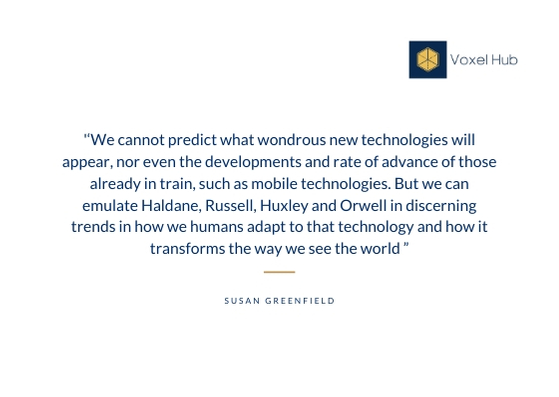
(Digital wellbeing is new, and so I hope many will be inspired to take it and make it their own. However, in the Voxel Hub format, it feels precious to me, so I would like to take the liberty to dedicate it to the men who shaped me: my Dad, my Brother, my Husband and my Son. I love you all with all my heart.) -
OTR Skydive update for supporters
Thank you! If you are reading this in the week following my skydive you are one of the lovely people who supported my crazy charity challenge.
As promised here is the video from my skydive (forgive the quick editing, I am still recovering from the jump, but I hope the transitions are fairly OK)
Here is a quick write up from the day followed by my overall impressions.
We woke up early and left home at 5.15 am, which in itself was a bit of a challenge on a Sunday morning. I was quite excited though, and apprehensive, of course. I expected cloudy weather in the morning but upon arrival, the conditions were still quite nice. The GoSkydive area of Salisbury was still closed, quiet and peaceful. It was so calming to arrive at a quiet airfield and ground myself before the opening (it can get really busy out there!).

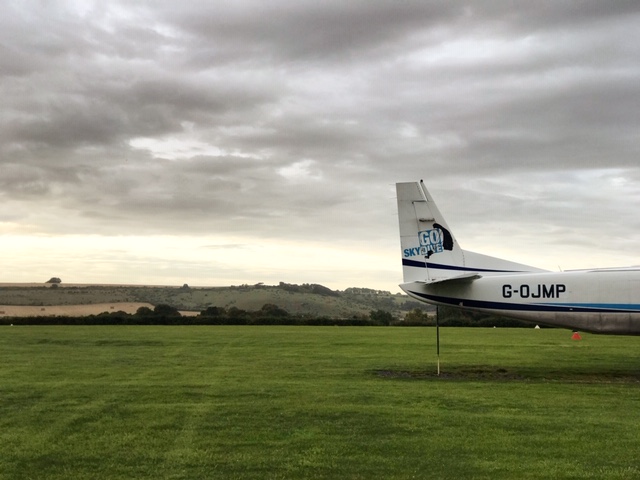
After the initial morning registration and check-in, we were invited to an induction session which honestly calmed me down. I think sitting in one room with over 20 other people doing the skydive that day made me feel calm in itself. The intro movie and briefing were clear. If it weren’t for the panic swiping through my body in waves, I could even say it was a lot of fun. We were then told to wait for a few hours for our turn to get on the plane – because there were five people jumping for OTR Bristol we were moved to one plane, which also meant we had to wait for a few groups of individuals to go ahead of us. Just as we have reached the waiting area the rain interrupted the schedule. So we had to wait a bit longer, hoping for the conditions to improve (thanks to the weather forecast apps we were quite hopeful!). To me personally waiting was difficult – I was OK most of the time and then for a few seconds the reality would hit me and I would panic a lot. I was trying to do my best to stay calm, but I was annoyingly chatty (my way of easing off anxiety).

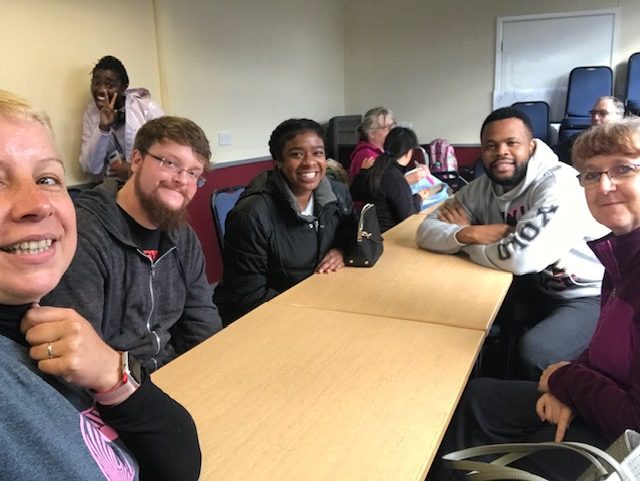
Finally, around 10.30 am our names were called to the dress up and training tent. I was really keen on promoting OTR in my video recordings from the day so I put the branded t-shirt over the GoSkydive gear (which by the way was super light and comfortable).

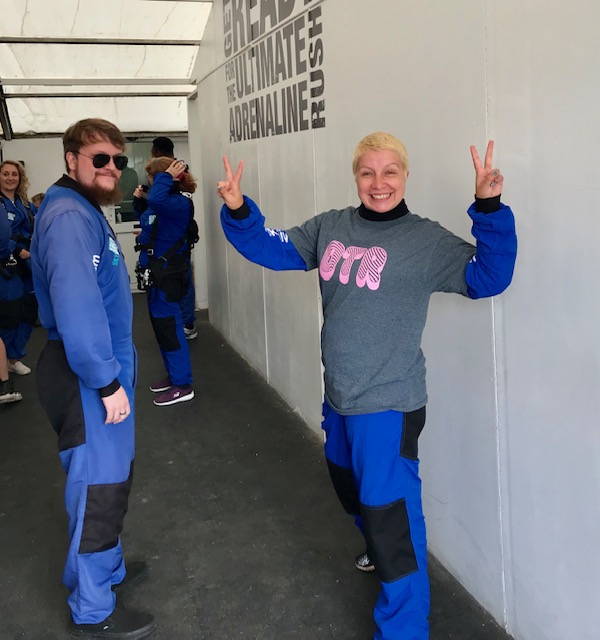
We were then asked to move on to the training area where a really confident and funny instructor showed us the three important ways of diving: the jump out of the plane, the free fall and finally the landing. We practised those but also slowly grew together as a group as well. I noticed the emphasis on gear safety during the training 0 a really good way of making us all feel a bit less worried about the jump.

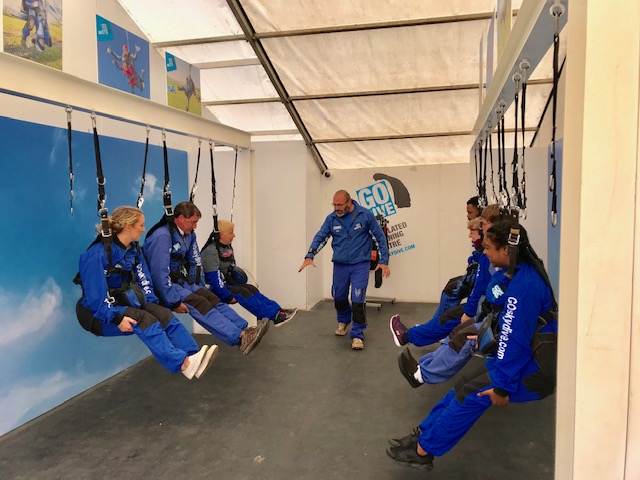
Once trained we were asked to move to the plane area. Here’s all of us, OTR morning team, all geared up. From left: Anthony, Tom, Dominique, my nervous grin and Susan from OTR.

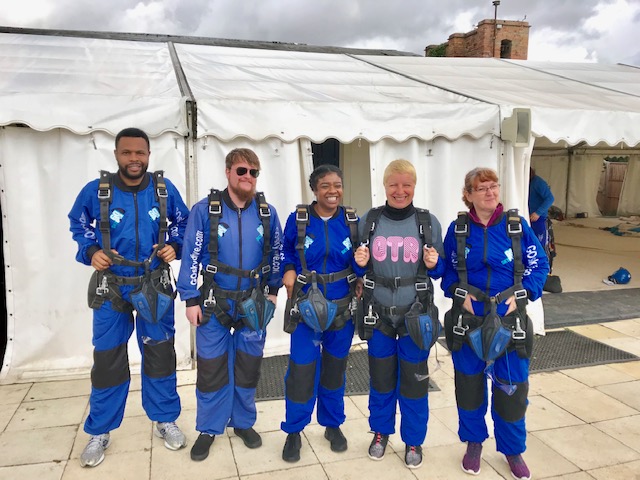
Waiting was so nerve-wracking for me that at this stage I really just wanted to get on with it. I wanted to get on the plane and go! We just had to take a few family photos…

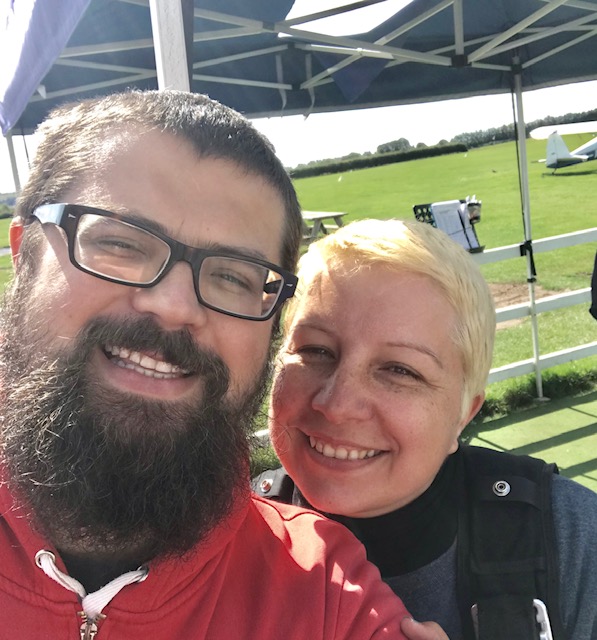
…a few group pictures…

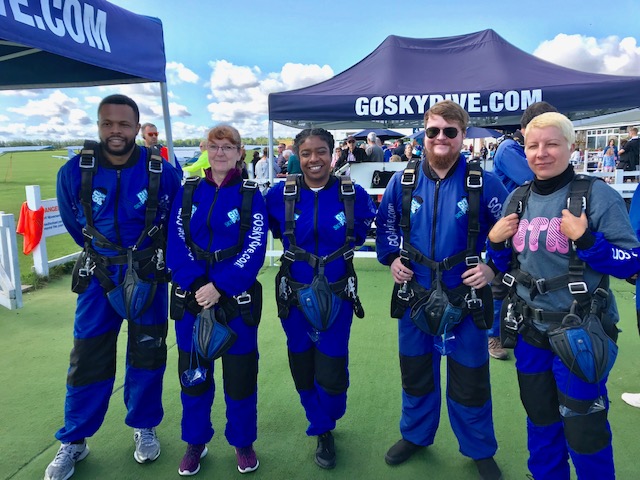
and recorded our first past of video updates with GoSkydive filming crew. You can see in my video just how lovely the weather was by that point – I could not look directly into the camera, it was so sunny!

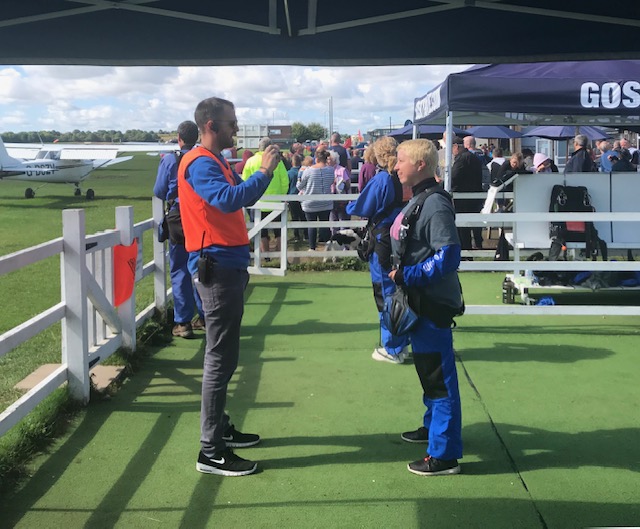
Shortly after that our instructors arrived, introduced themselves, checked our gear again and took us to the plane landing area. I was flying and jumping with Ed who completed over 2K jumps and Adam, a video maker (I still cannot figure out how they can time the recording just so well!)

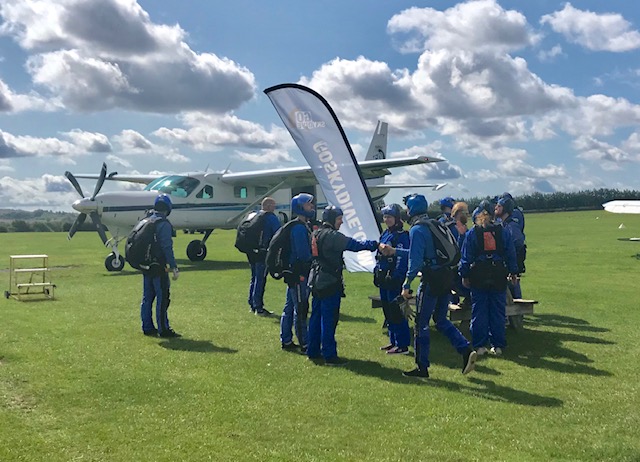
From there it was time to go! On the plane, we had a great view and a lot of fun. The crew’s team spirit really got to me too and so despite my inner terror of this situation (the higher, the closer to the actual jump with only one way back to my husband) I really loved the plane ride. I was obviously super nervous, but also aware of the fact that my video is dedicated to my supporters and to the charity. I hope we can use it in the future campaigns so I kept as cool as possible. In the end, it was indeed a very extreme but also a unique experience. Not my usual Sunday morning, I must say.

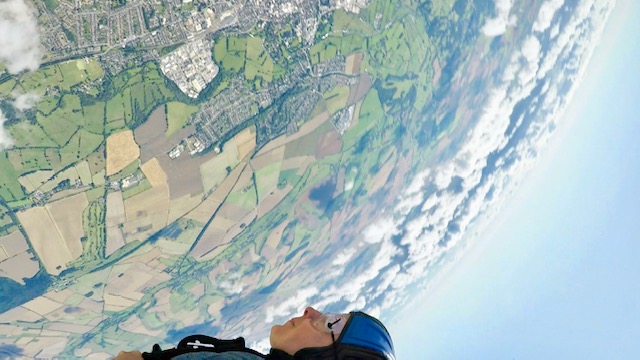
I was told to jump out of the plane after Anthony and Susan. This was the step I was really worried about – the boundary of the plane and nothingness. A year ago I could not cross the Suspension Bridge in Bristol. Two years ago I was trembling when sitting in a car or crossing the road. So this was a big thing – testing if moving to Bristol (a kinder place to live) combined with a year of therapy and caring for myself helped. It was a challenging year. While I was recovering from the trauma of social isolation, I was also losing my roots – both of my parents died. I was also studying counselling, writing my entire autobiography and shedding layers and layers of my identity – which is a natural process for counselling students but it is deep. It leaves us raw and new and very sensitive to the world around us. Luckily I was also learning about resilience, self-care and boundaries. All of this combined was about to be tested in that jump. I was terrified, but I was ready and I knew it. I was back to my old, resilient self.
Sitting on that plane with people who clearly knew what they were doing and cared for the quality of my experience was really lovely. Anthony’s jump was smooth and fast, so was Susan’s and by that point. I trusted my instructor Ed entirely, especially that he has spent most of the plane trip checking all my gear one more time and really making me feel safe. I trusted Adam, the filmmaker because he was engaging, confident and fun.
I was really worried about the complex dive but our jump was super smooth and steady.

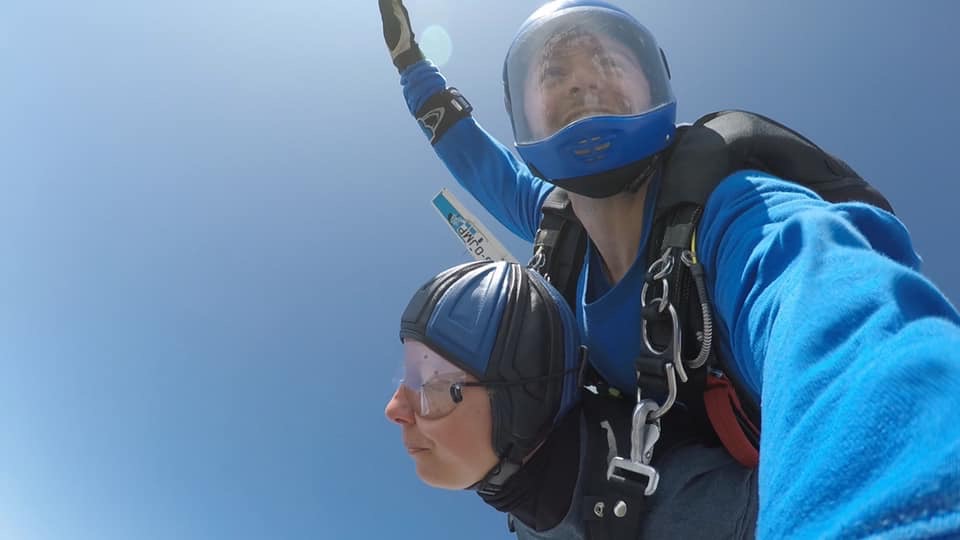
Shortly after the jump, I locked my eyes with Adam, the video maker. The tapping from Ed to remind me to spread my arms and Adam’s calm look really made me feel peaceful. Actually, for those who really fear the skydive, booking filming is a good tip – you do not have to feel entirely alone as you have an additional skydiver in front of you all throughout the free fall part of the jump. We connected in the air and I completely relaxed into the fall. I actually did not feel fear whatsoever, just ease of the fall and calmness around us. Additionally, I was so so glad we had lovely weather for this!

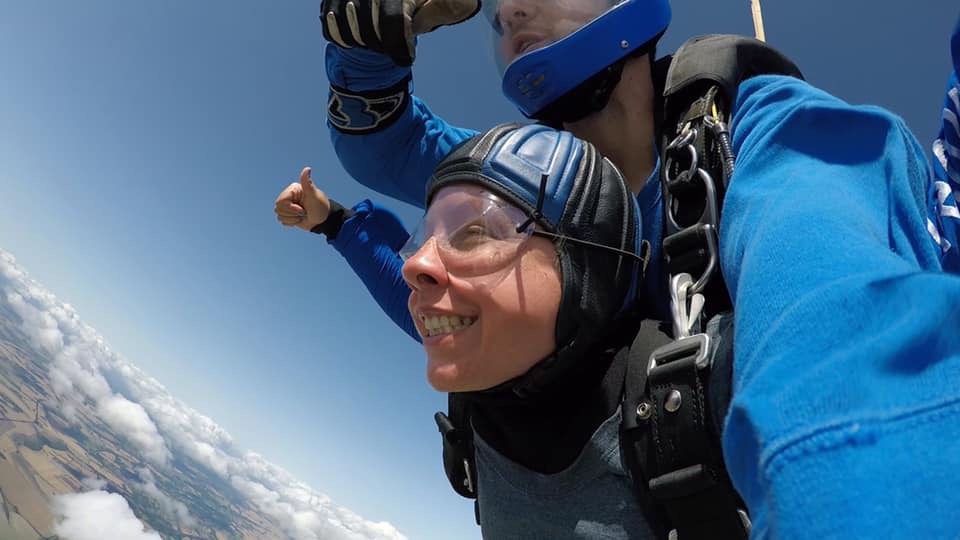
Later, when the parachute opened, I started feeling very sick – probably due to the tight gear and really strong winds. The sunshine was actually quite misleading – it was so windy we had to do two circles around the airfield to get the landing right. I did not want to steer myself, because I could feel that Ed had enough of a challenge to get us safely to the ground. We did look around though and even though at this stage my stomach was really distracting me I was doing my best to focus on the uniqueness of this experience and the fantastic views. We recorded my OTR message and slowly landed on the airfield.

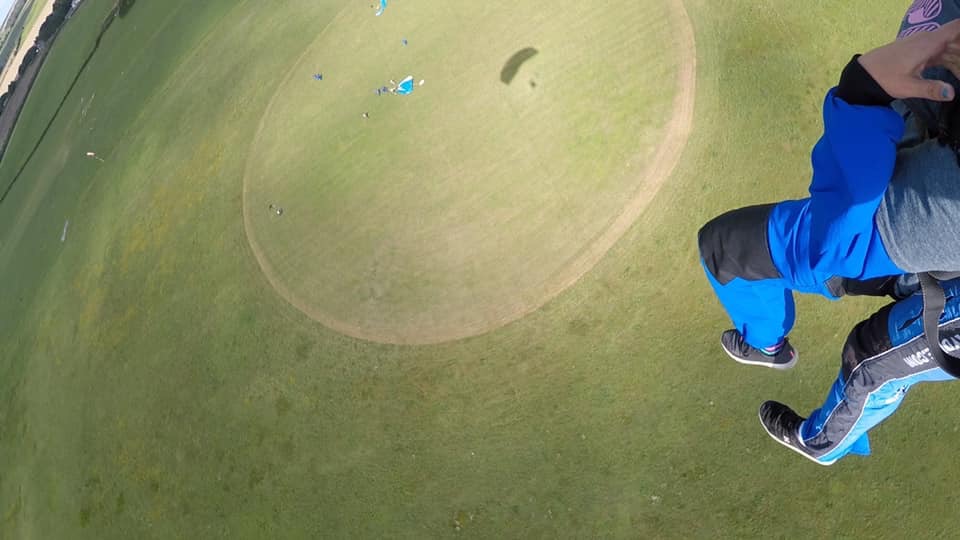
You can actually see in the final section of my recording that I am finding it quite difficult to speak after the landing, praying for quick access to mint tea – but I managed it. We waited for everyone to join in and got into the minivan which took us back to our friends and family. And for the last group photo.

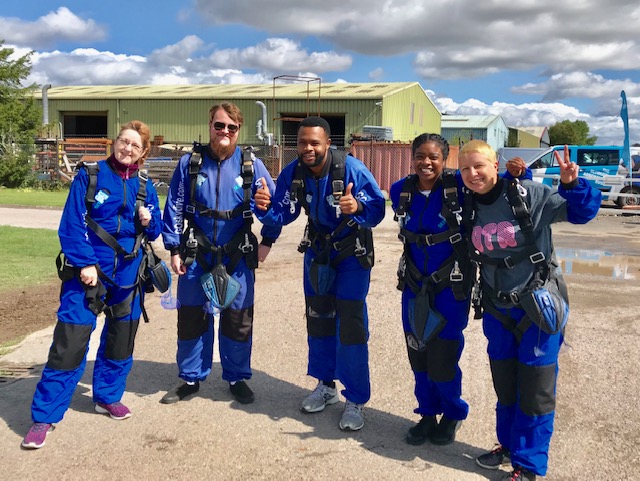
On the way back home I was high on adrenaline but also exhausted, working on calming down my stomach and my nerves. As well as reliving every moment of our adventure.
People asked me today a lot: how was it? would you do it again? I had to admit that for me personally it was a unique experience and I am really glad I did it, especially for OTR. I am glad that the level of my anxieties is down to a manageable state and my old resilience is back. I am just as confident and grounded as I was a few years ago. I am sure that the upcoming days will result in a lot of journaling about the meaning of this experience and its impact on my life moving forward, but at this stage I am mostly noticing the immense power of the skydive as a metaphor to what the OTR Bristol team does on a daily basis and what young people experience when approaching us.
You see, to admit that you are not OK in the current times and then to have the courage to want to get better and to actually ask for help in a reality which really does not favour young person’s voice nor place in society can be ever so terrifying! I see it on the faces of young people coming to our offices every single time I am at work or at our events. It takes courage and a huge amount of effort to walk through the OTR Bristol door. I actually think even for an adult it takes a lot of bravery to ask for help. So just imagine how it feels to someone 11 to 25 who quite possibly is already in a bad, vulnerable, uneasy place. And who possibly might think of themselves as not deserving help in the first place. So once a young person crosses that immense bridge we are there to hold them with trust and competence of a good skydive instructor: we create a safe space for them to gear up, train up, fly higher up and then jump, let go of their worries, to free fall and to land safely, hopefully in a better place. It is almost always a challenging but formative growing experience and so I also see a lot of happier young people, happier parents and educators coming to us every day. I also see a lot of supported young people staying with us to volunteer, work or launch their career in the sector too. They are at the core of the current and future services provided by OTR. We, the instructors and the witnesses of their challenges, are there to calm them down, to validate them as humans and to build more and more platforms for safe jumping, flying and landing.
I have dedicated this skydive to my dad. His generation did not have this kind of support. I was lucky to be born an early Millenial, so I did. I found it and I have no problem asking for it. Unlike many OTR clients, I can afford therapy. My son has a loving home but his reality comes with immense new pressures (no, not social media or tech but the most test-driven one-size-fits-all school system, exploitative economy, PR & marketing practices making us feel less and never good enough, de-humanising and divisive politics, ignored climate change and overworked, disillusioned adults who do not give their very own youngsters a voice). My son and his friends have so much to put up during such a formative period of their lives.
And so I am immensely proud of OTR Bristol. It is a treasure with more than half-a-century of experience and impactful work in the area for generations of young people to come. I am also proud of myself for joining the skydive and for completing it fairly smoothly with a mix of extreme feelings and an overall score of “FANTASTIC”. More importantly, I am proud of all my family, friends, clients and colleagues who supported me on this journey and donated to OTR.
The money we have raised will already pay for hours and hours of support for young people. The campaign runs at least until the Mental Health Day (10 October) and if we reach £775 on JustGiving we will cover counselling programmes for ten young people – people who have never experienced unconditional positive regard and kind space for opening up and working through their problems with professional support. It seems like something every young person should have access to, but they don’t. I am often angry about this, but more often than not I prefer to focus on making my little bit of a difference to change that. Thank you – thank you so much for doing something about this too. You are brilliant and you have already made a difference to someone young and lonely out there in Bristol. Quite possibly you have saved a life.
Thank you for supporting OTR Bristol.
Thank you for believing in me.
Thank you for reading.
-
OTRSkydive
I am doing it. I am terrified, but I am doing it. OTR Bristol did a SkyDive last year but I wasn’t brave enough, because last summer I was still unable to cross the Bristol Suspension Bridge. Today I still sweat climbing the attic ladder, but I have conquered the bridge at least. I am obviously really worried about it but I also feel that is it exactly what I need right now to process all my grief connected to the losses of this year and the experience of severe social isolation from the past few years too.
There are a lot of reasons why this project is emotionally challenging for me. Doing the SkyDive is one thing, but I am also managing the OTR project, which means my role is to support others doing it too. I am also fundraising at OTR, which means I feel at least a little bit obligated to meet the fundraising goal – which after a move to a new city seems a bit hard. We do not have many friends in Bristol just yet. Basically for the next six months I will live and breathe the OTR SKyDive.
There is also a good chance that this fundraising event will distract me from a lot of emotional processes going on for me at the moment as I am emerging from the next counselling course and a pretty difficult year of Brexit and loss of both parents. I think that is exactly why I have decided to document my SkyDive journey publicly – to ensure that I am immersing myself in this emotional journey but also remain very kind to myself. Being actively engaged in this, but at the same time taking it easy will be my personal goal. I hope to heal, really. I healed a lot in the first year of our life here in Bristol, so this my next stage. I hope to move away from the anxieties and get back to the more adventurous and opinionated self. I hope to think about my dad a lot and celebrate the best of his legacy.
So here is what I do. I set up my SkyDive page, you can see the plans for the day below.

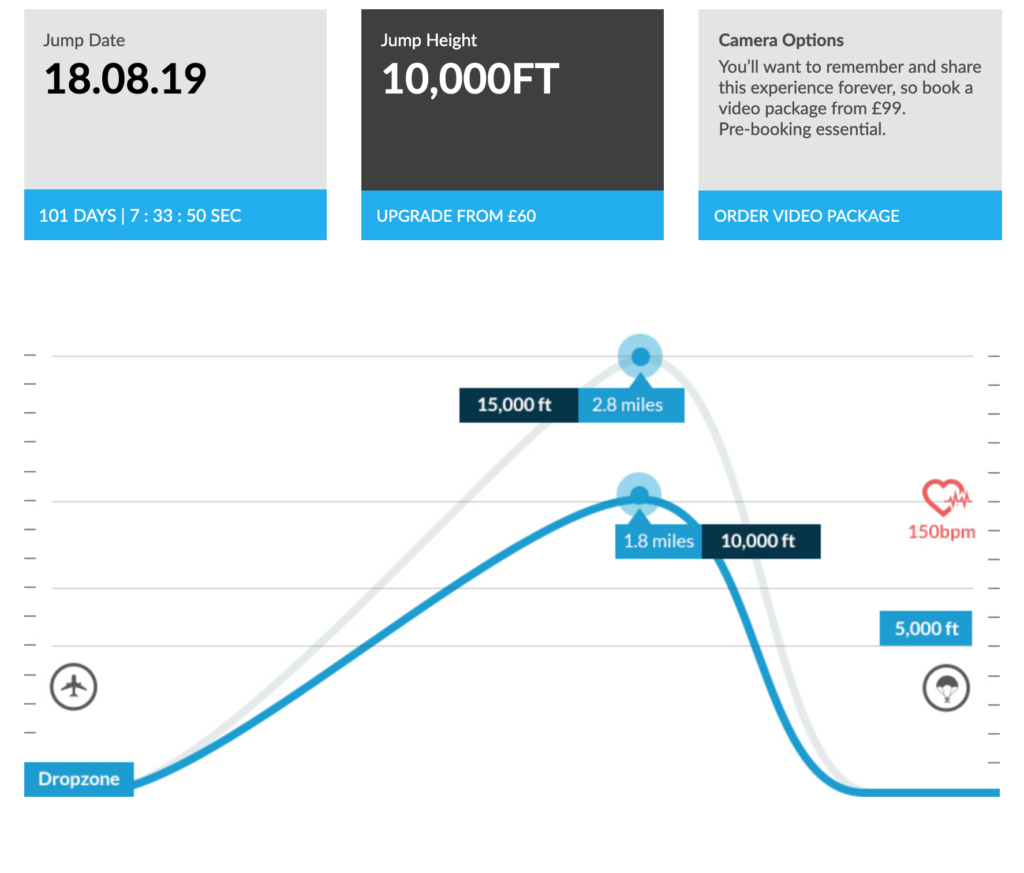
I set up my JustGiving page where I share updates on my journey:

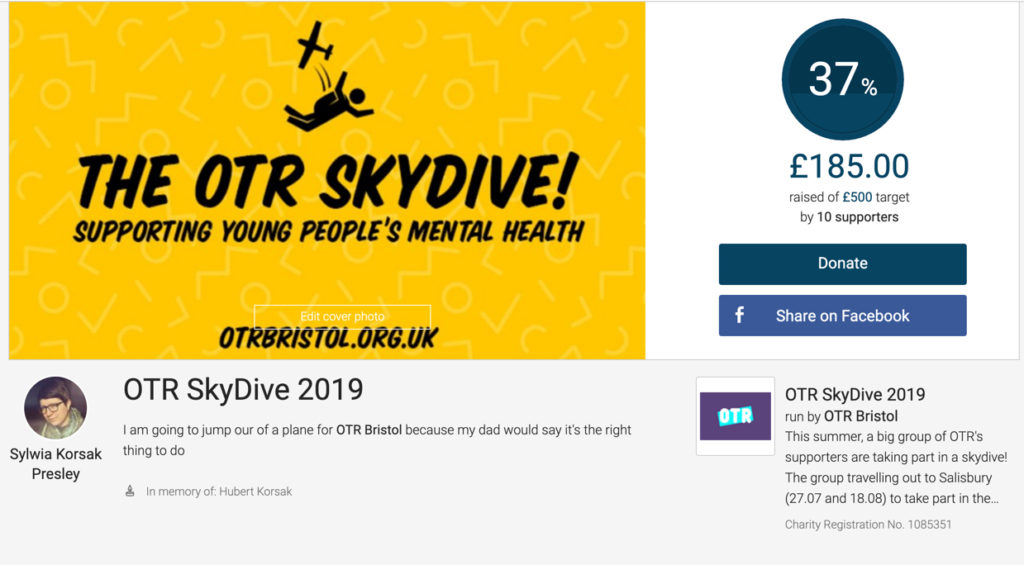
I was very honest in my story description because I think I owe it to my supporters too:
This summer, a big group of OTR’s supporters are taking part in a skydive! This is exciting but also TERRIFYING!
I will be joining the team in memory of my Father, Hubert Korsak, who died this January. I really wish there was something similar to OTR Bristol when he was young to support him through his difficult marriage. My mother was a narcissistic abuser but their generation did not speak about mental health. They had to “get on with things”.
Despite his times, my Dad was a good man. I was raised by a kind, carrying Father so I appreciate the importance of good emotional support in difficult times. I became a resilient and steady adult.
In the last few years of my life in Oxfordshire however, I have experienced severe social isolation and (for the first time in my life) racism. Few years of that Brexit infused hostility resulted in newly acquired anxieties.
It took me 12 months of living in Bristol to collect the courage to cross the Suspension Bridge. I still sweat when I climb the attic ladder! My relationship with fear is very new and very strong. So this challenge is going to be really difficult. Very emotional. Very difficult. But also very healing.
I joined OTR Bristol exactly a year ago, shortly after my move to the warm and welcoming Bristol. I have started feeling better and trusting people again. Losing both of my parents in that period was extremely complex and difficult but I was held by a wonderful group of people who really were there for me. Who show up for young people every single day.
So I have no doubt that my dad would have liked the idea of the SkyDive and if he was here, he would have donated the first sum. I miss him, but I know he would be proud of what we do at OTR Bristol.
I am hopeful that my father’s legacy will continue in my son and that my son’s generation will talk about mental health openly. OTR Bristol is already making a difference in his school so I am pretty sure he will be open about it and supported.
I set up my Facebook fundraiser with similar updates because many of my friends work in social media so they will find it easier to support me there.

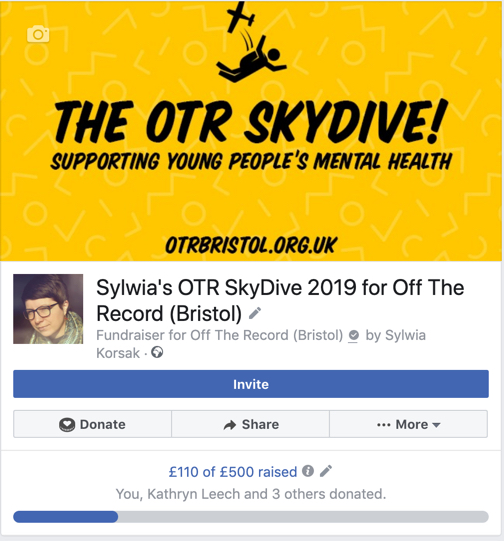
I also set up a YouTube live journal which is here with the first video recorded last Thursday to kick it all off.
I will record my second video tomorrow – which in itself is terrifying, but good. It makes me feel slightly uneasy but also happy to have the technology to openly share my journey. I have lost my voice so now I am thinking this is a great opportunity to let go of my newly acquired anxiety, let go and enjoy the journey.
I hope you will join me on this. I hope you will learn something from my explorations as well.
Thank you for reading!
-
Internet Addiction
This blog post is long overdue, I am sorry. I was distracted panicking about my summer SkyDive. I have, however, talked to John about Internet Addiction term over on YouTube. Here it is:
As a follow up to that chat, I would like to write up my take on it just in a bit more detail. What do I think about Internet Addiction? I think it is a problematic label at the moment although I hope the context of it is going to change in the upcoming years.
First of all, let’s remind ourselves that every person will have a different definition of Internet Addiction. Those personal interpretations of the term will range from media fed assumptions made by people who hate change, technology or both and assume that anything to do with the Internet is evil. Those clearly lack critical thinking but affect all of us. Walk into any mental health training and you will hear that social media is the first example of factors of bad mental health. (Why and who said so is never stated – we simply repeat what we hear). Media outlets have been scaring us with Internet Addiction since its first years and yet in reality how many of our friends actually suffer today? (some people do, I am asking about your personal average here). The problem with those personal, media-fed interpretations is actually political. Internet Addiction is very often combined with conversations about online safety. I know that at first, it seems like a very irrelevant connection because it should be. But that’s not the case. Not many average web users know that authorities of many countries have managed to restrict access to the Internet under the excuse of safe Internet practice (without defining what “safe” really means).
Midway on the scale, you will find the official definitions by APA and WHO with pretty specific criteria. Those definitions are new and problematic (see below) but at least attempt to define the concept of Internet Addiction. Acknowledging Internet Addiction as a mental health condition paves the way to open conversations about the negative impact of compulsive Internet use. It helps mental health professionals prepare to support their patients. It justifies the funding of related research. It allows support for individuals who suffer from addictive behaviours. There is a problem with the term though. The diagnosis, if given, is based on a term which has not yet been confirmed and researched enough. In the history of APA’s DSM (Diagnostic and Statistical Manual of Mental Disorders – the Bible for mental health professionals) it is probably the first term of this kind). One which enters media and political discourse without the clause stated in the DSM that it still needs way more research to be confirmed. I repeat: it is NOT CONFIRMED. Labels are helpful but can also be political. Rumour has it, I will put it gently, that some governments would prefer their citizens to stay offline and in separated networks so they have lobbied WHO to introduce the term. (I am yet to see a government happy for its citizens to have access to free information, education and collective thinking). Of course, we will never know for certain. What we do know is that many mental health professionals and new startups are starting to make a brilliant amount of money on curing people of Internet Addiction – without a clear explanation of what it really is.
Finally, at the end of this spectrum, there is also common sense, which of course is very individual. When I asked my son what the term means to him his first reaction was to ask for clarification: “Internet is a bunch of tubes and cables so what do you really mean?” – my son is 13 and yet so many adults fail to ask that question. If you ask a counsellor, you will probably hear a description of a classic addiction (withdrawal symptoms, impact on daily life and obsessive thinking about the cause of addiction). But there is a problem with that application of addiction – a lot of forms of Internet use are actually pleasurable and that’s not necessarily a bad thing. If the social web is the extension of who we are than it is perfectly OK to crave learning more, finding out more, connecting more, missing chats with friends etc. What I am saying is – the addiction treatment model does not help!
I do not think we know just yet what Internet Addiction is. I think we need to be really careful and specific when talking about Internet-related addictive behaviours and use those, not the general term. I am really glad to see the Wikipedia definition of the term finally listing different, more specific formats of addiction: gambling addiction, gaming addiction, communication addiction, VR addiction. I think we need to specify it even more and treat each and every single person experiencing addictive behaviours with very individual, tailored but also contextual support.
The behaviour itself is usually a function of something else going on in our lives. Games are full of elements of positive psychology – they make us happy, achieved, connected. They can also be really much more fun than a toxic boss and a boring job. Online gambling can be the extension of our offline gambling habits or a deeper unfulfilled need. Communication addiction can be a result of being abandoned, isolated, alone. And even this is not explicit enough. Because the place of the Internet in our lives is complex, it works together as an element of our reality – something happens online, affects our offline behaviour, we go back online, our habits online escalate, our online contacts respond one way or another, we react or not.
Internet Addiction as a term is problematic. For over 15 years of the Safe Internet Practice Day we have been talking about the impact of the Internet on us in purely negative terms without even considering checking the facts. We have been telling our children that screens are detrimental to their health when it is now proven to be a myth, not a scientific fact. We have been over-using the term addiction without really exploring the meaning of it. And the problem lies in overused, meaningless terms. Because we take those labels and label ourselves too – without any critical thinking.
The bottom line is this. As it is today we do not know what is the impact of the Internet on humanity. It is a complex issue and it needs to be researched contextually with as much objectivity and critical thinking as possible. It’s not enough to state that teens are affected by social media, because we know from good research already that some groups of teens (women, poorer or isolated individuals) suffer, while others thrive. What we need to do is dive into a good set of data with a very contextual set of neutral assumptions and questions. We need to focus on what is said and what is on the other side of the coin. Here is a recent example from Sonia Livingstone’s research here in the UK:
- “Nearly half of parents (46%) and teens (44%) describe themselves as ‘addicted’ to their mobile device; also, a third of teens (35%) and two-thirds of parents (63%) think the other is ‘addicted’ too.
- Half of teens (54%) and parents (51%) say they get distracted by mobile devices at least once a day, and 72% of parents say their teen gets distracted.
- Screen time conflicts are common in today’s families with children – ranking as the third most common source of conflict for parents after chores/helping around the house and bedtime/sleep, and ranking fourth for teens (after chores, sleep and homework conflicts).
Yet 86% of parents say their teen’s use of mobile devices has not harmed or has even helped their relationship; and 97% of teens say the same of their parents’ mobile use. Further, most UK families do not think mobile devices disrupt meal times, most parents allow their teens their privacy online, and most are optimistic about the benefits. “
Even though we are not technically addicted, we think we are. Because the term was so overused for more than a decade. So how do we start to approach this topic with more care? Here is my personal suggestion. Next time that red dot of notifications on your screen calls for you stop for a second and think about the following:
- How does it make me feel? Am I addicted or do I want to know if my friends are OK, have an opinion about my recent post, plan to go out to a nice local event?
- Do I need to do it now or can I do it later? Which is better for me?
- Why do I rush to check it out? Is it because I have time and want to feel connected with other people online? Is it because I am busy at work but also bored? Is it because I am ill and stuck at home? Is it because I have time and I feel lonely?
- Is it OK to feel this way with those motivations? I suspect you will judge yourself, but think about it carefully – is it really bad to seek contact with your friends? Is it really affecting your work or supporting it?
- What is the actual impact on your health and on your relationships? Are you thriving, functioning or struggling?
When I see the red notification dot I know my friends are active and I can check in with them in the evening or at lunch, or I simply have something to do for a client. I plan my day work well to allow myself for online check in and keep an eye on the time I spent online. Usually I spend so much time online for work that I do not rush to check notifications anyway – I treasure the time off screen. But I also love to chat to my friends and love the feeling of online connection, so I make time for it. It does not affect my health or work or life.
Think about it carefully. Question what you read or what you are told on the topic. Next time you say or even think that you are addicted to something related to the Internet I urge to review it carefully in the context of what makes you happy and what impact it has on your health and social connections. Do not overuse the “addiction” – reserve it for the very few who really struggle because their lives are falling apart. Yours probably is not, you might just need to tweak your habits or accept that watching a YouTube movie is meaningful for you right now. And that’s OK.
In the meantime there are a few wonderful people out there who are pushing for the change in the actual Internet Addiction diagnosis and that change is coming. So we will know more soon enough. For now, we just need to look out for each other and keep calm. There is a lot online to read, learn, do and enjoy and that’s perfectly fine. We are actually quite OK.
Good luck and let me know how you feel about Internet Addiction.
Photo by Brooke Lark on Unsplash
